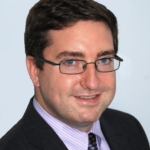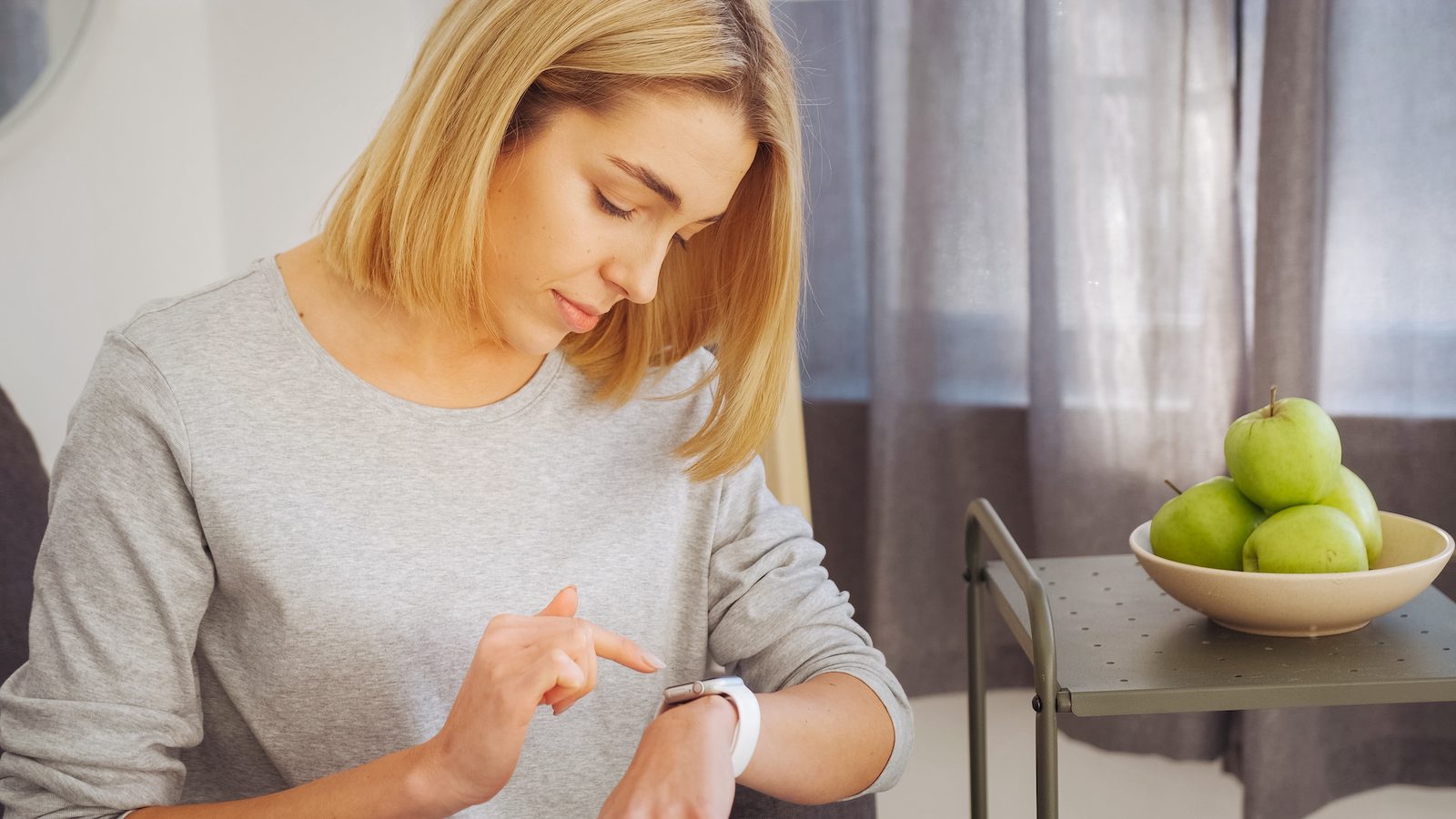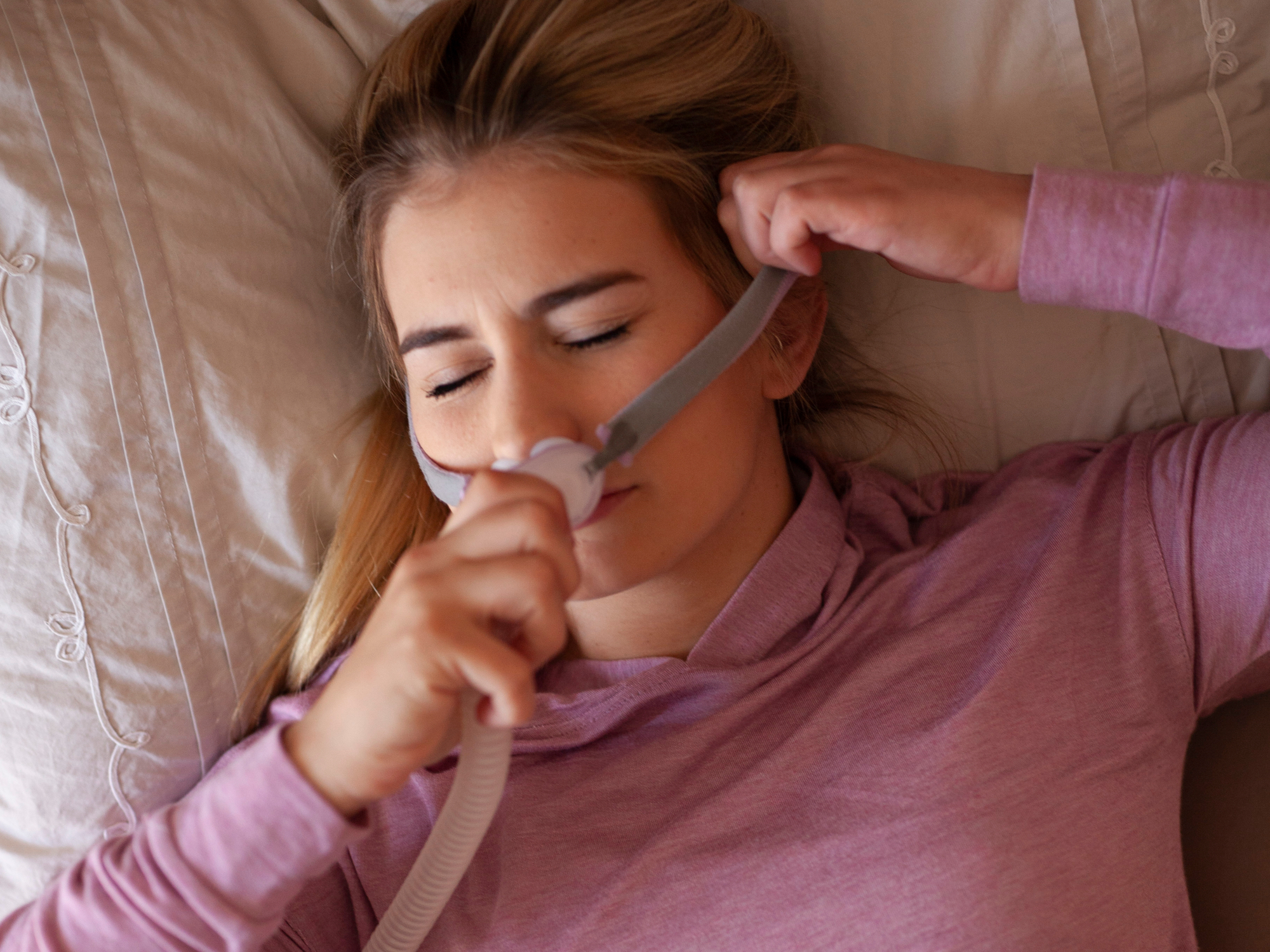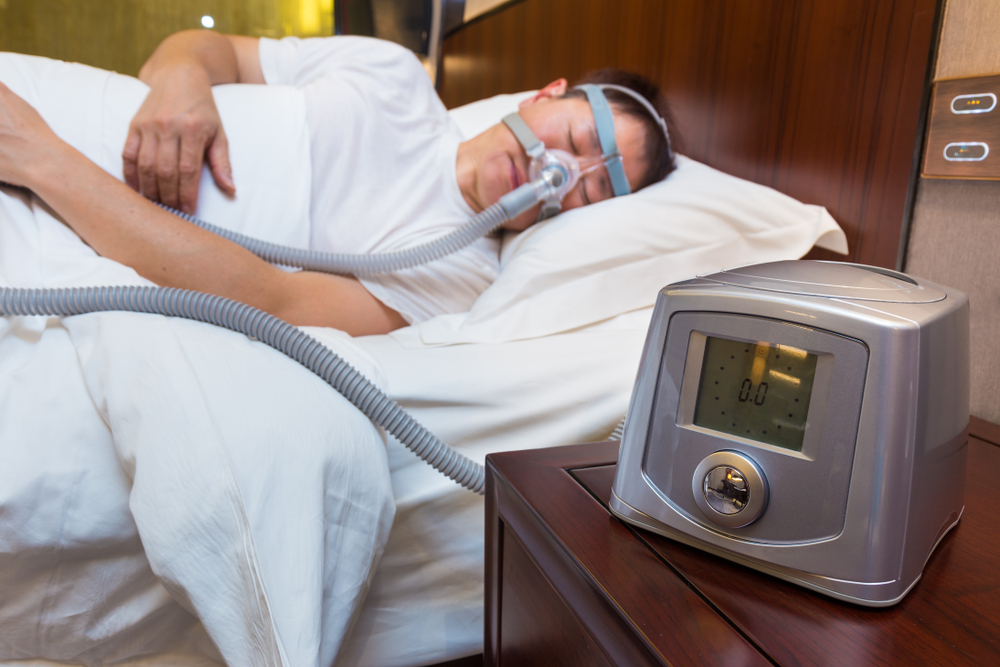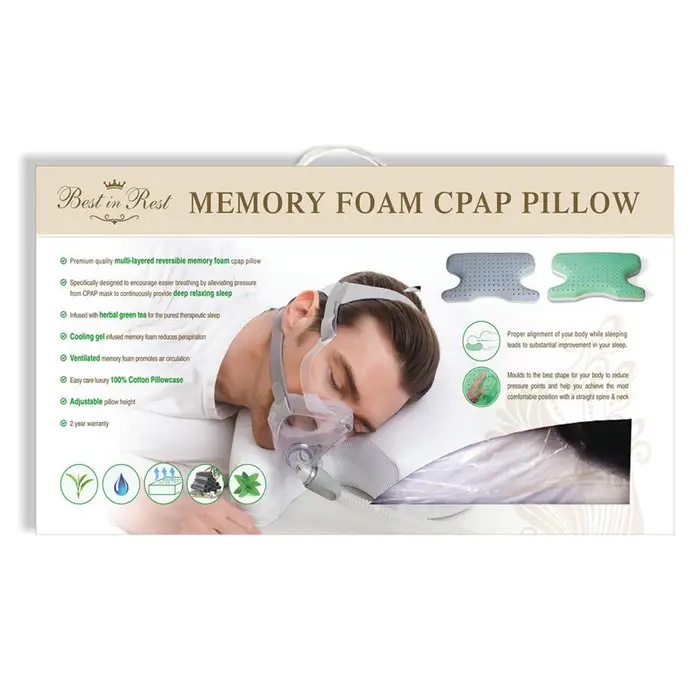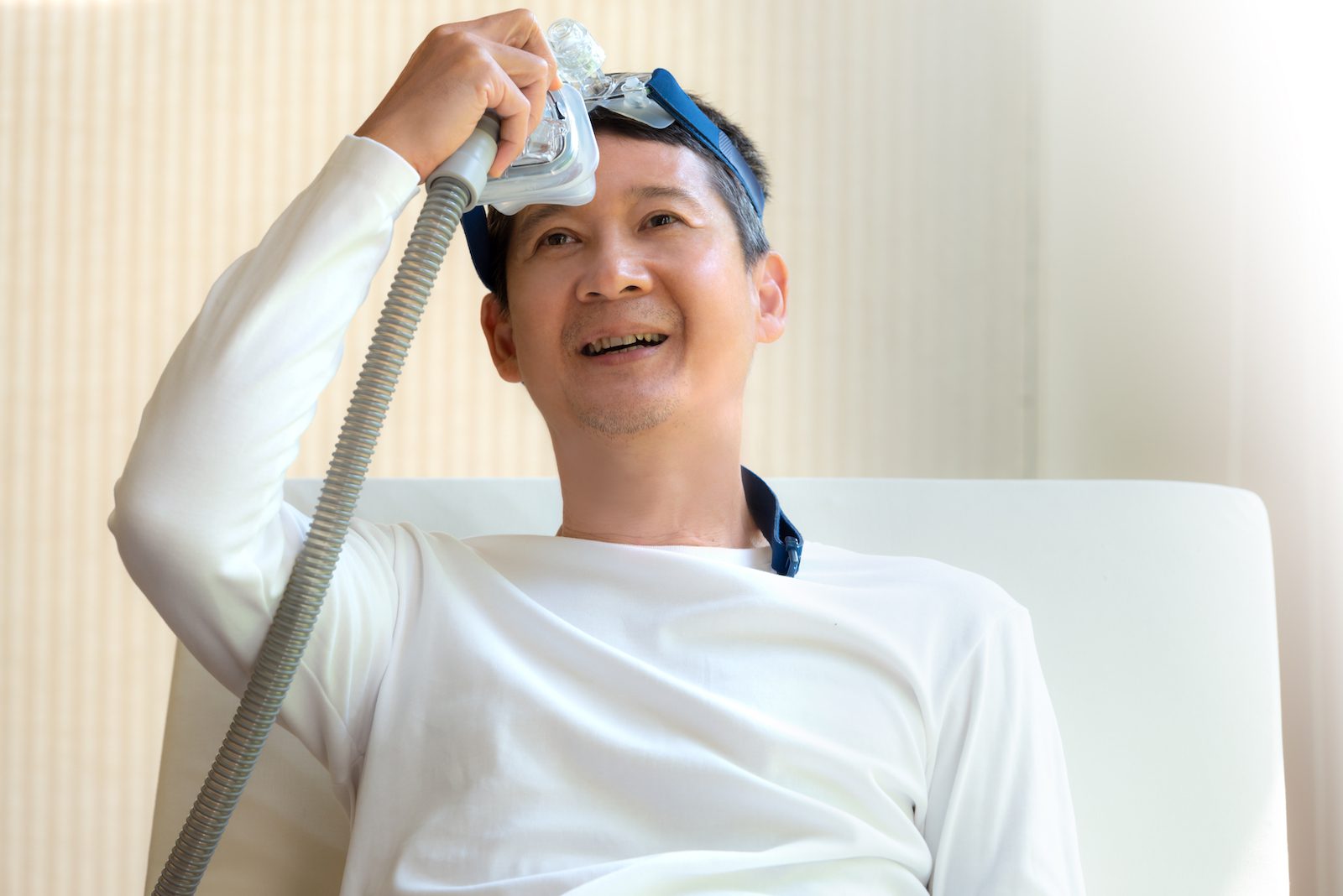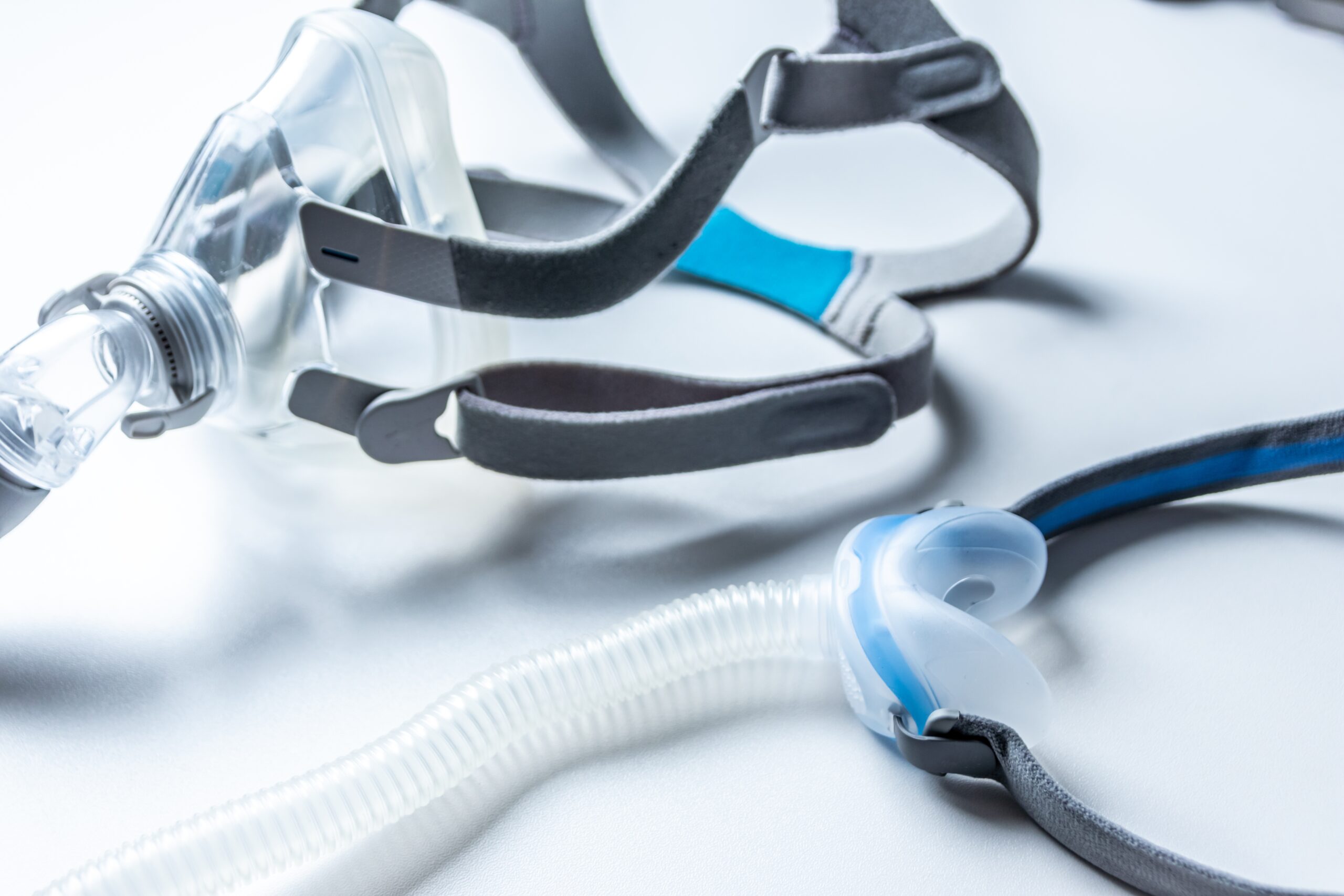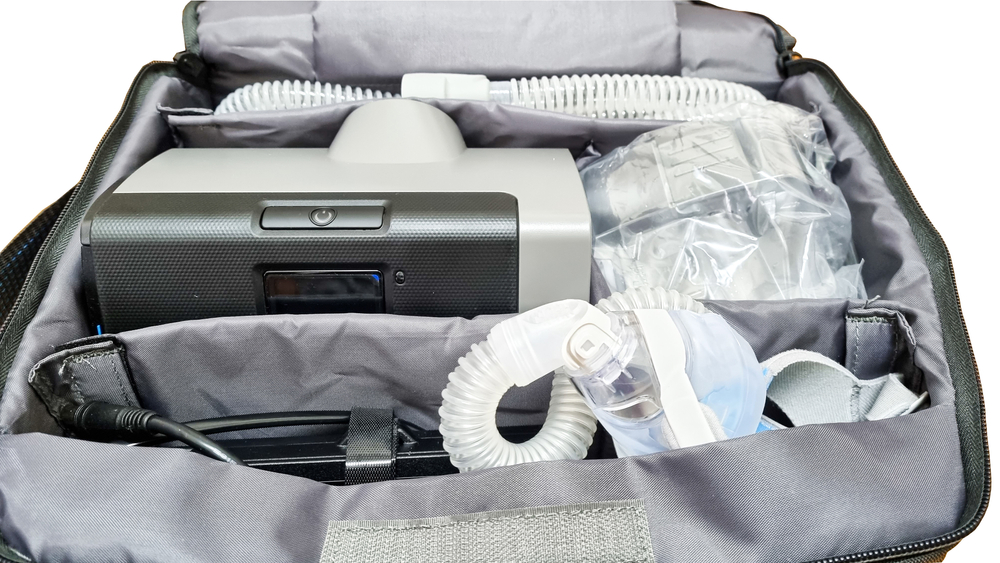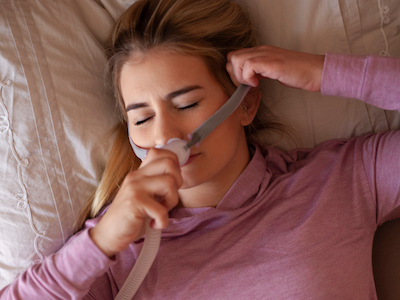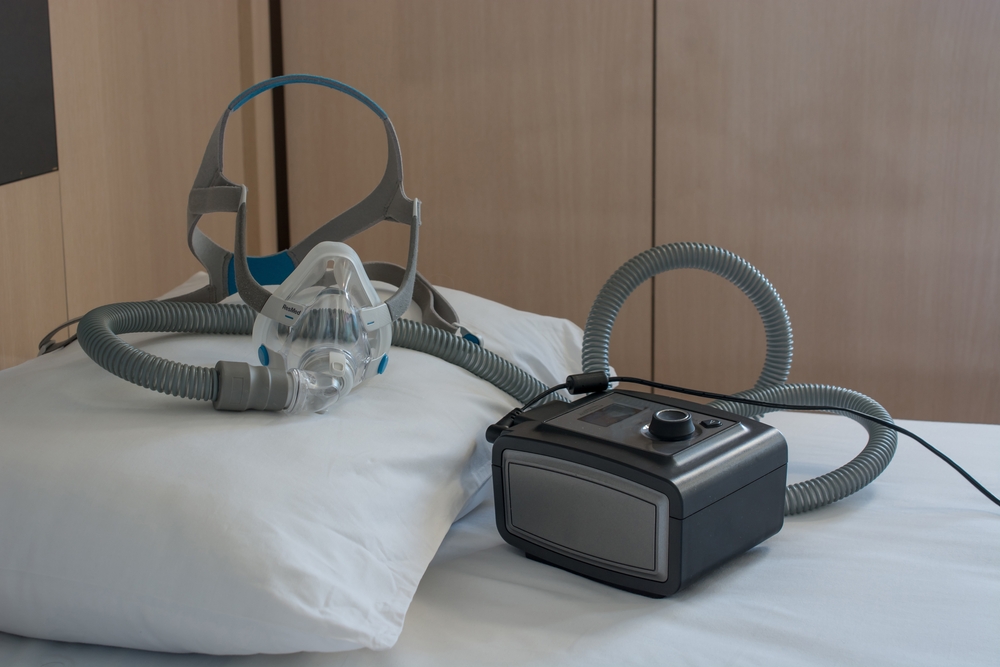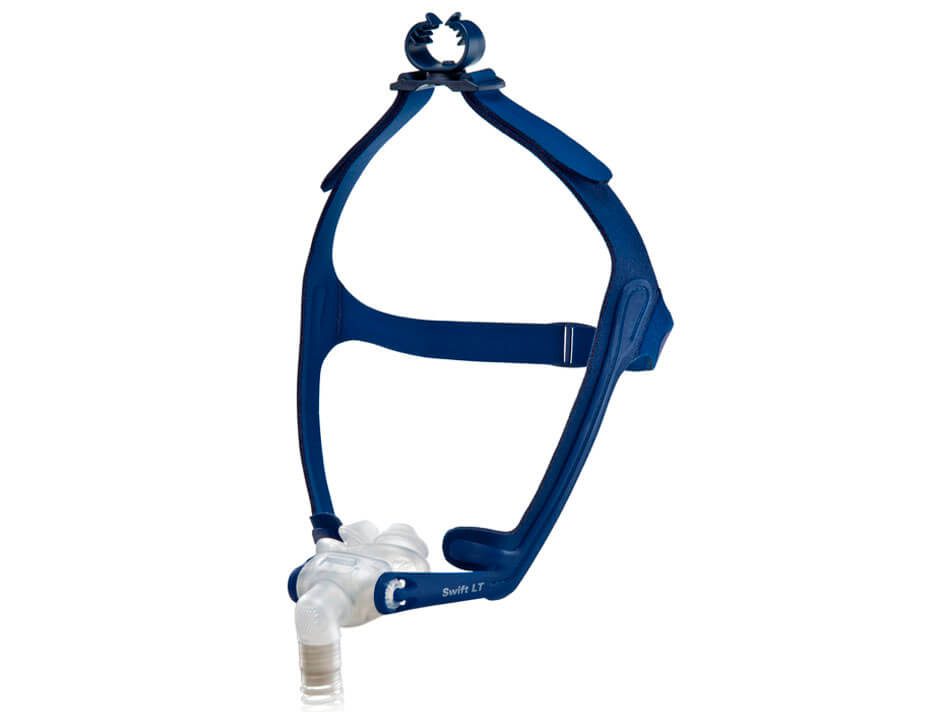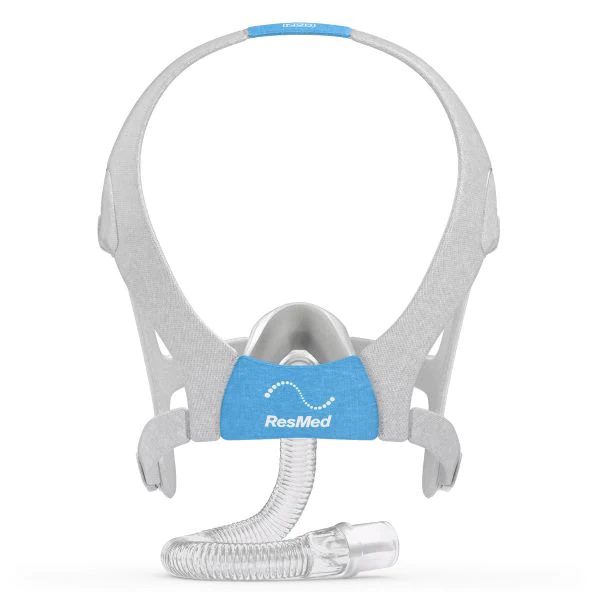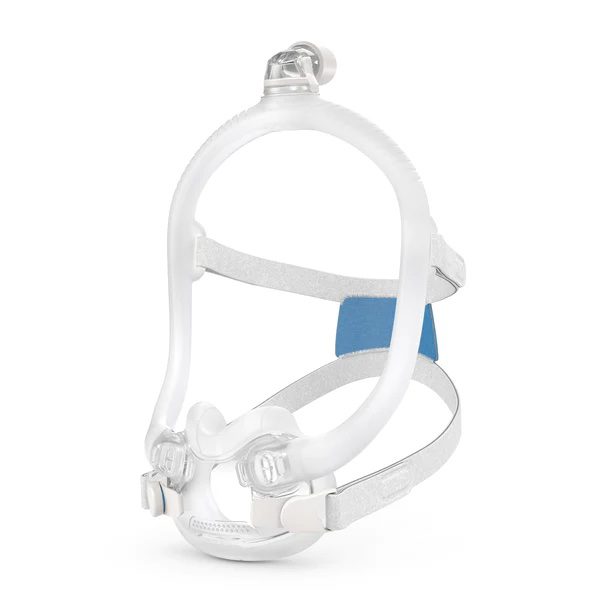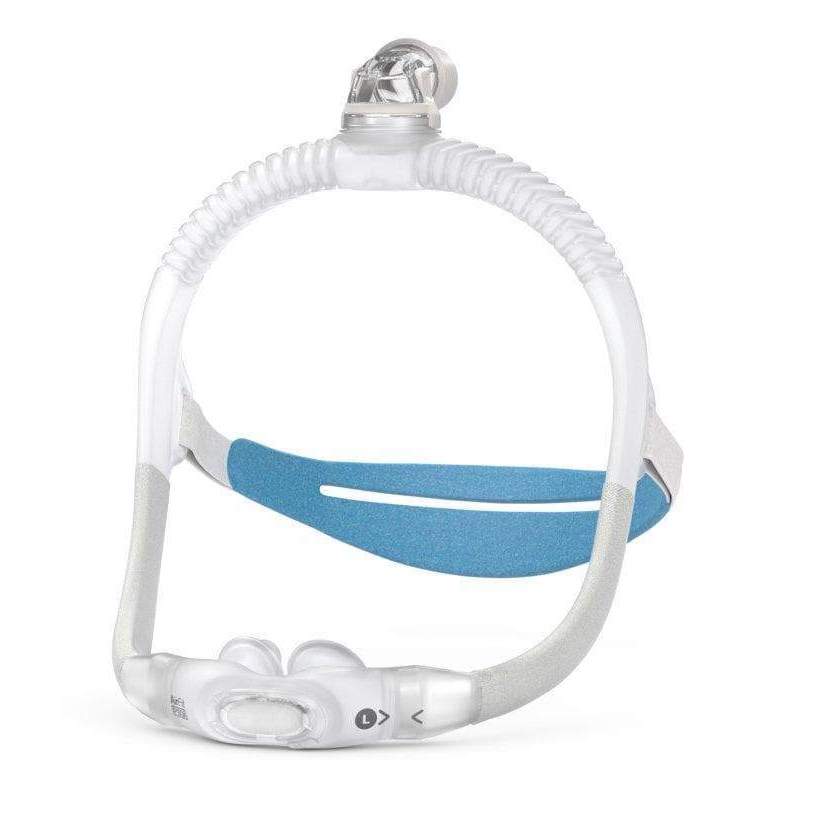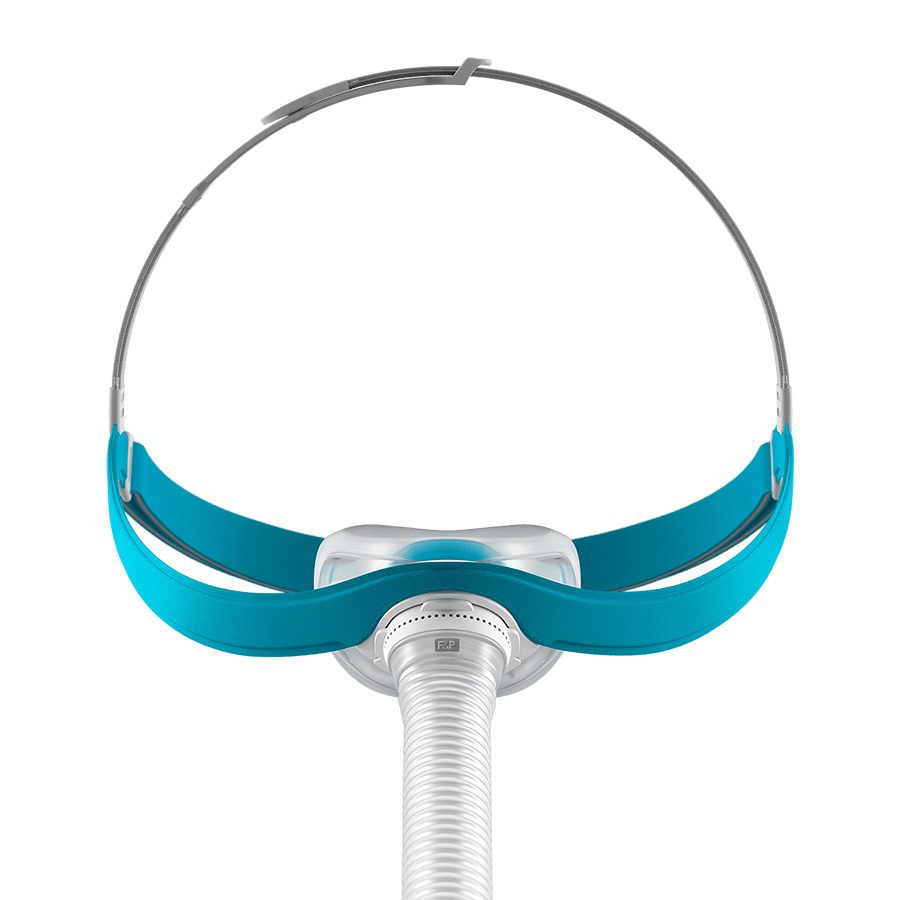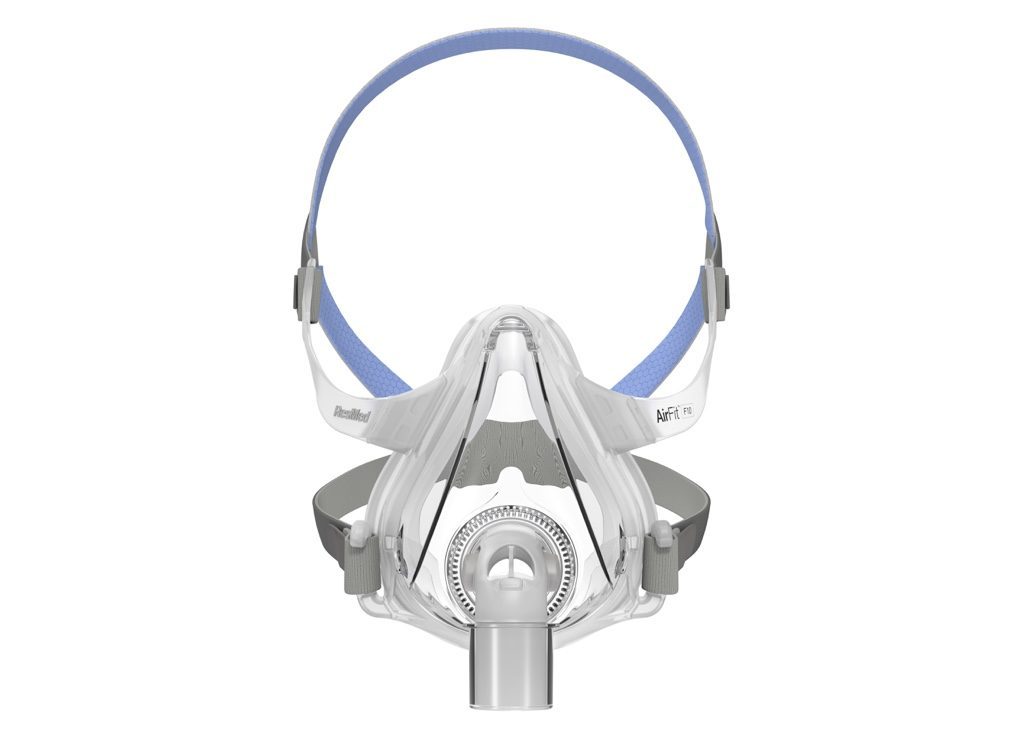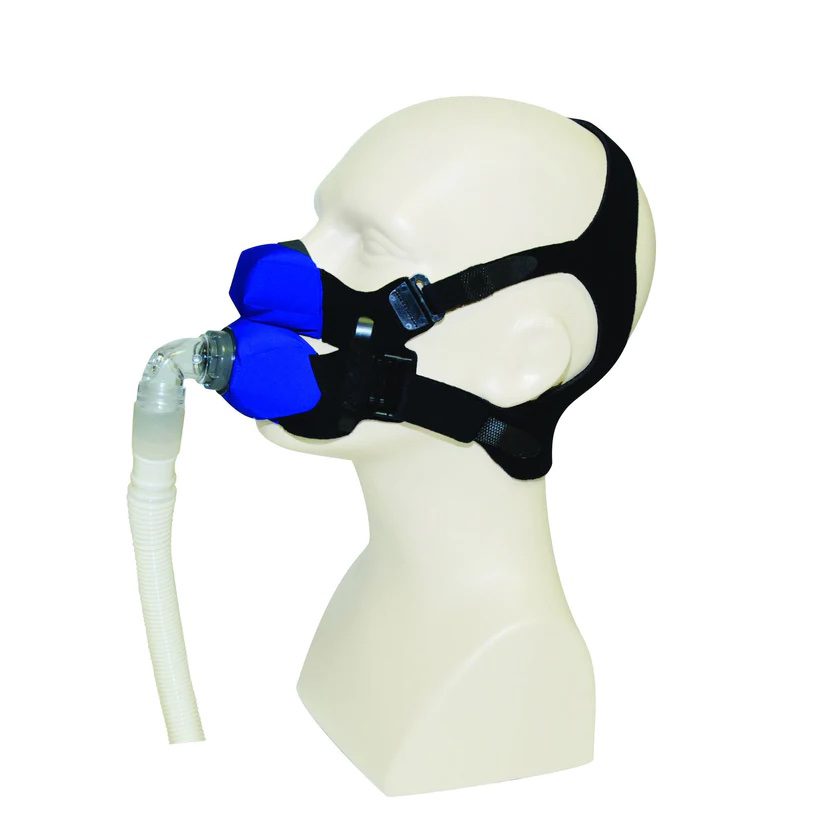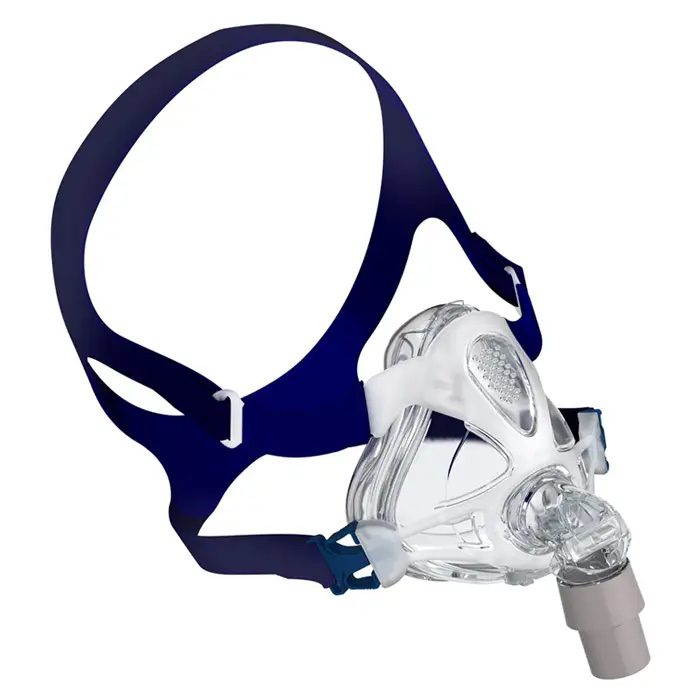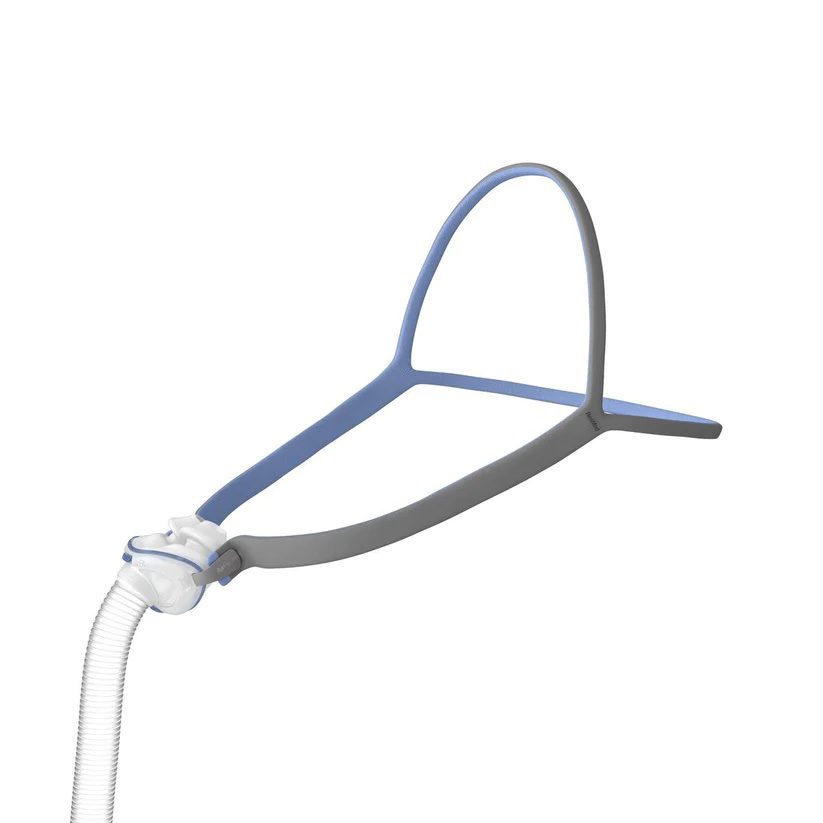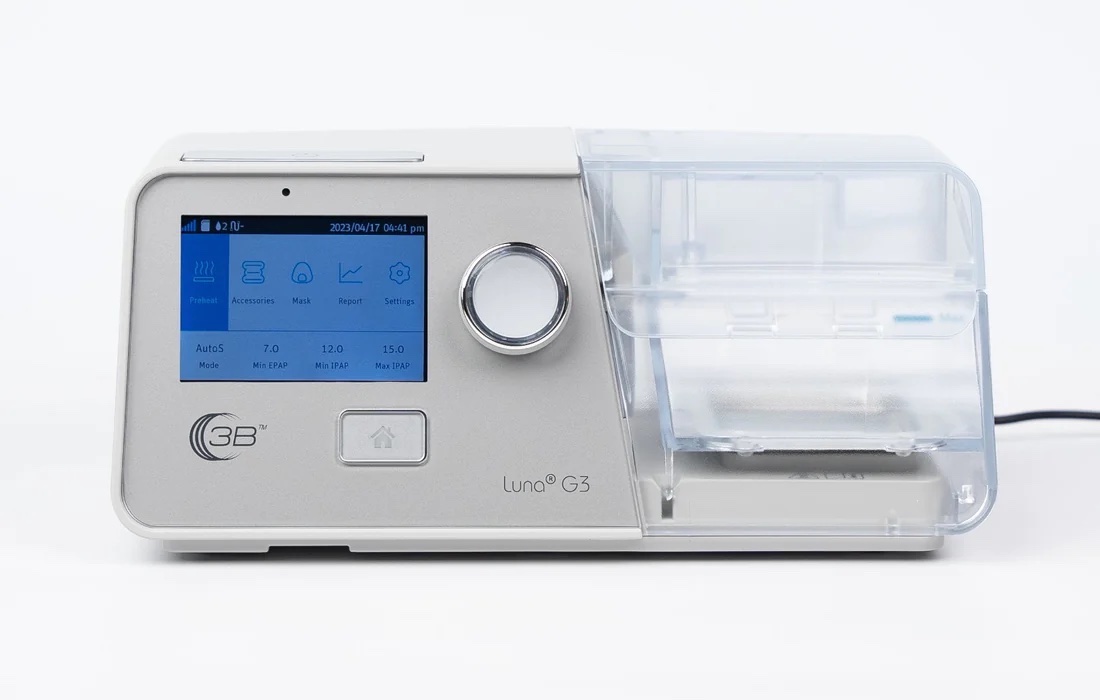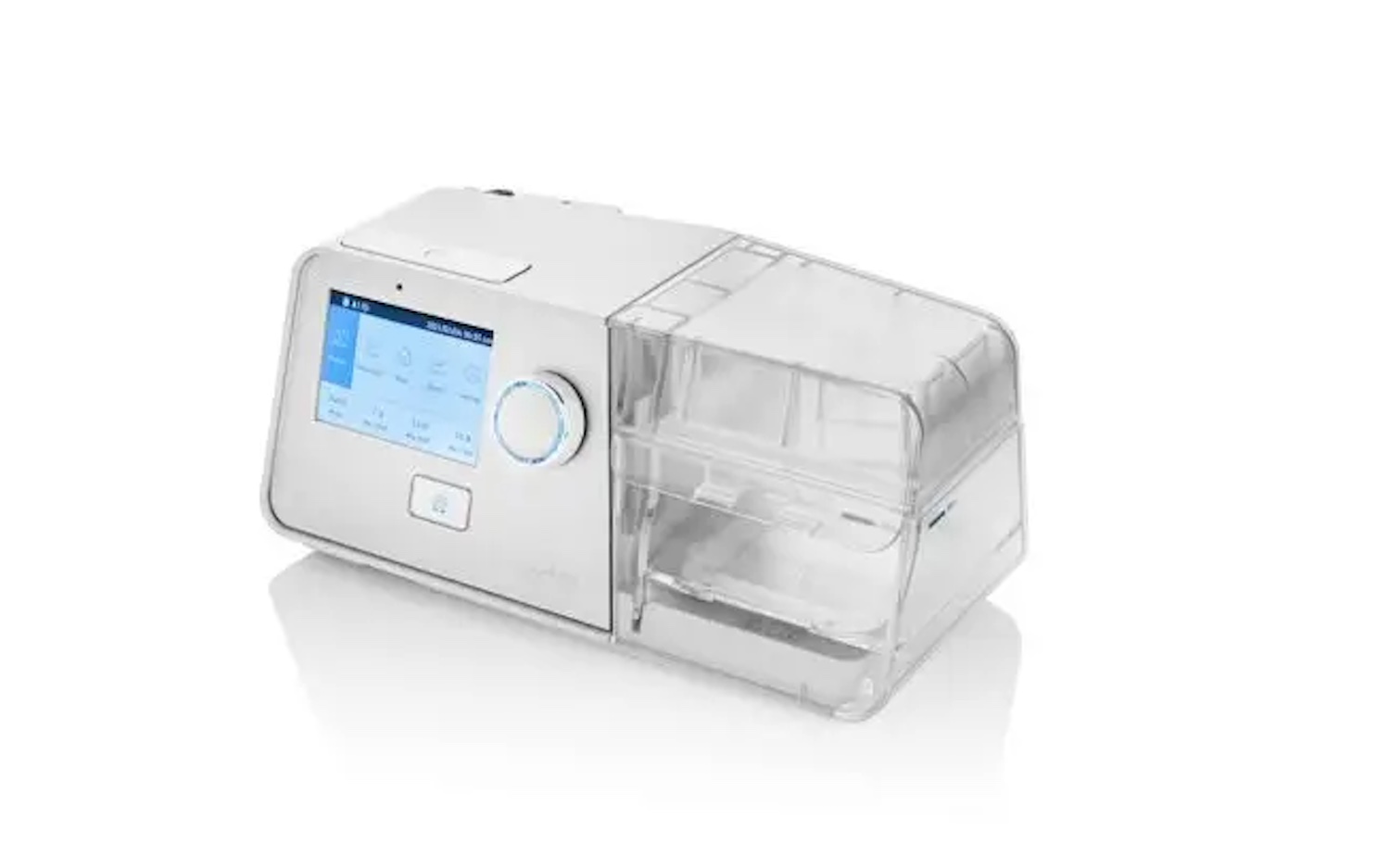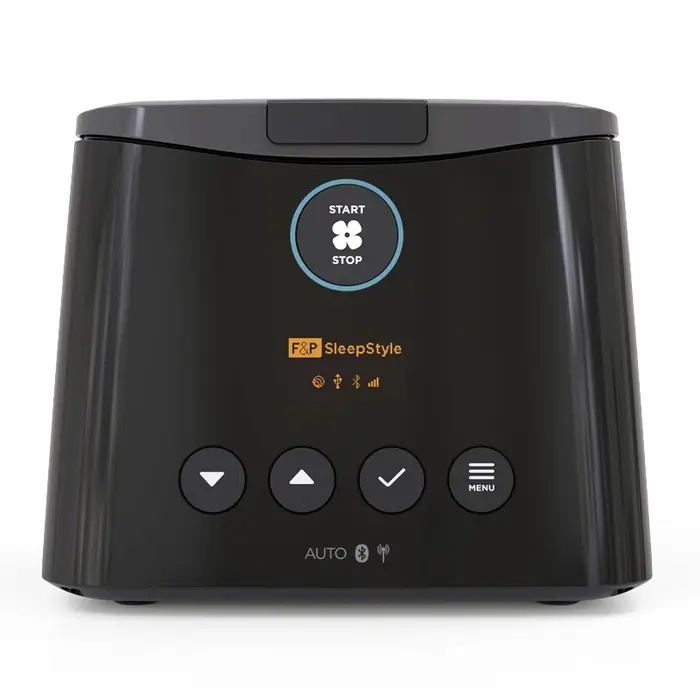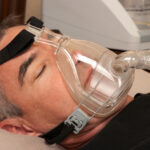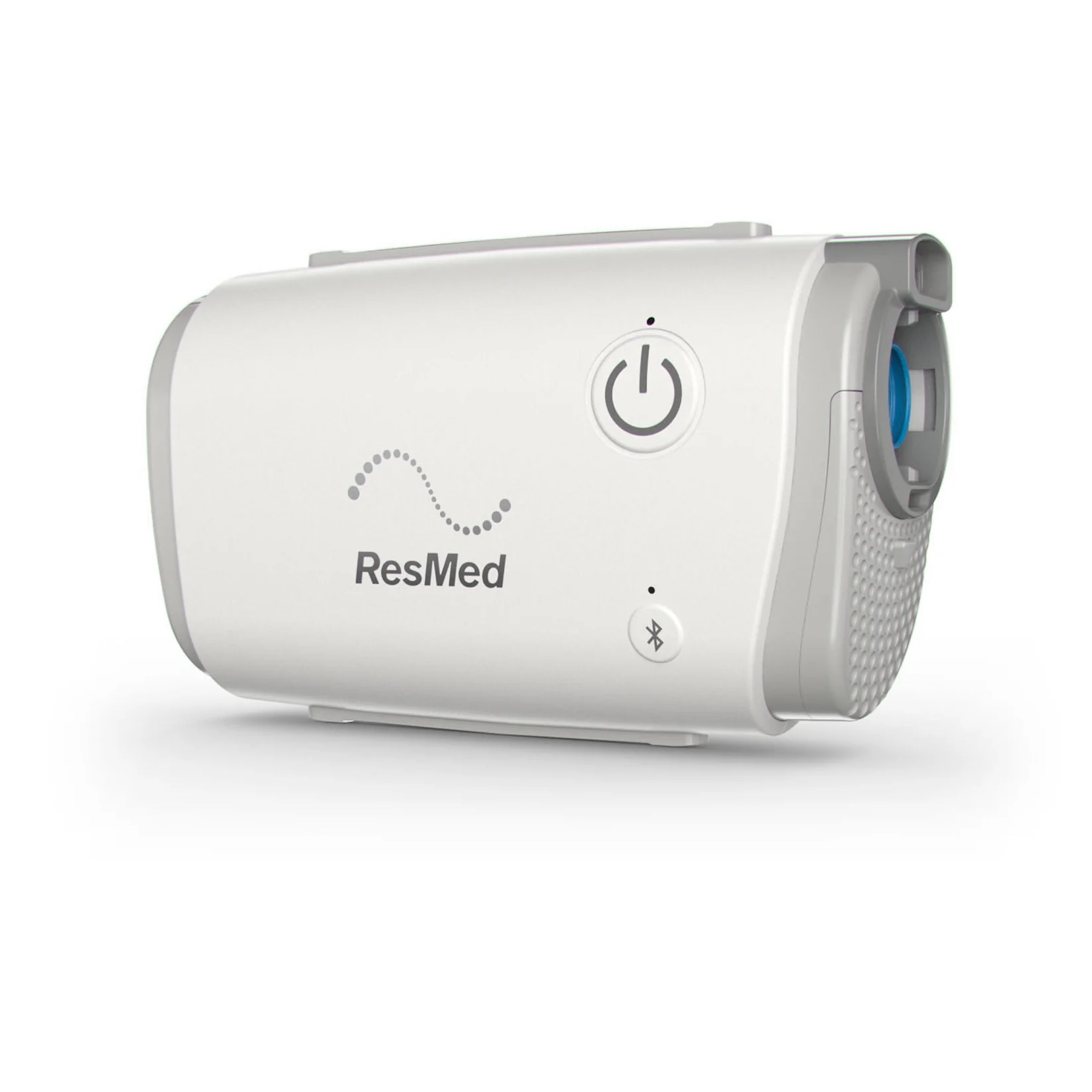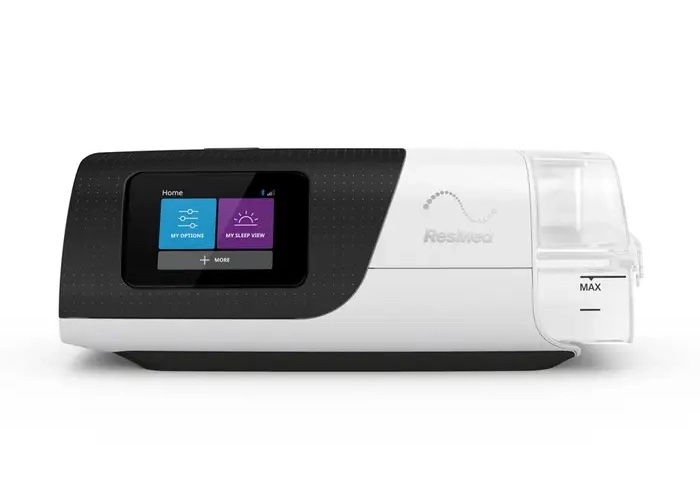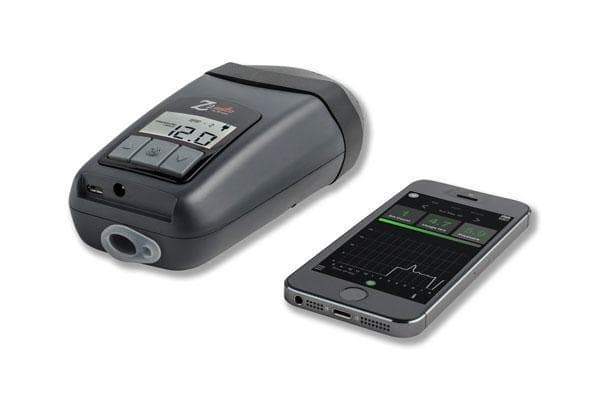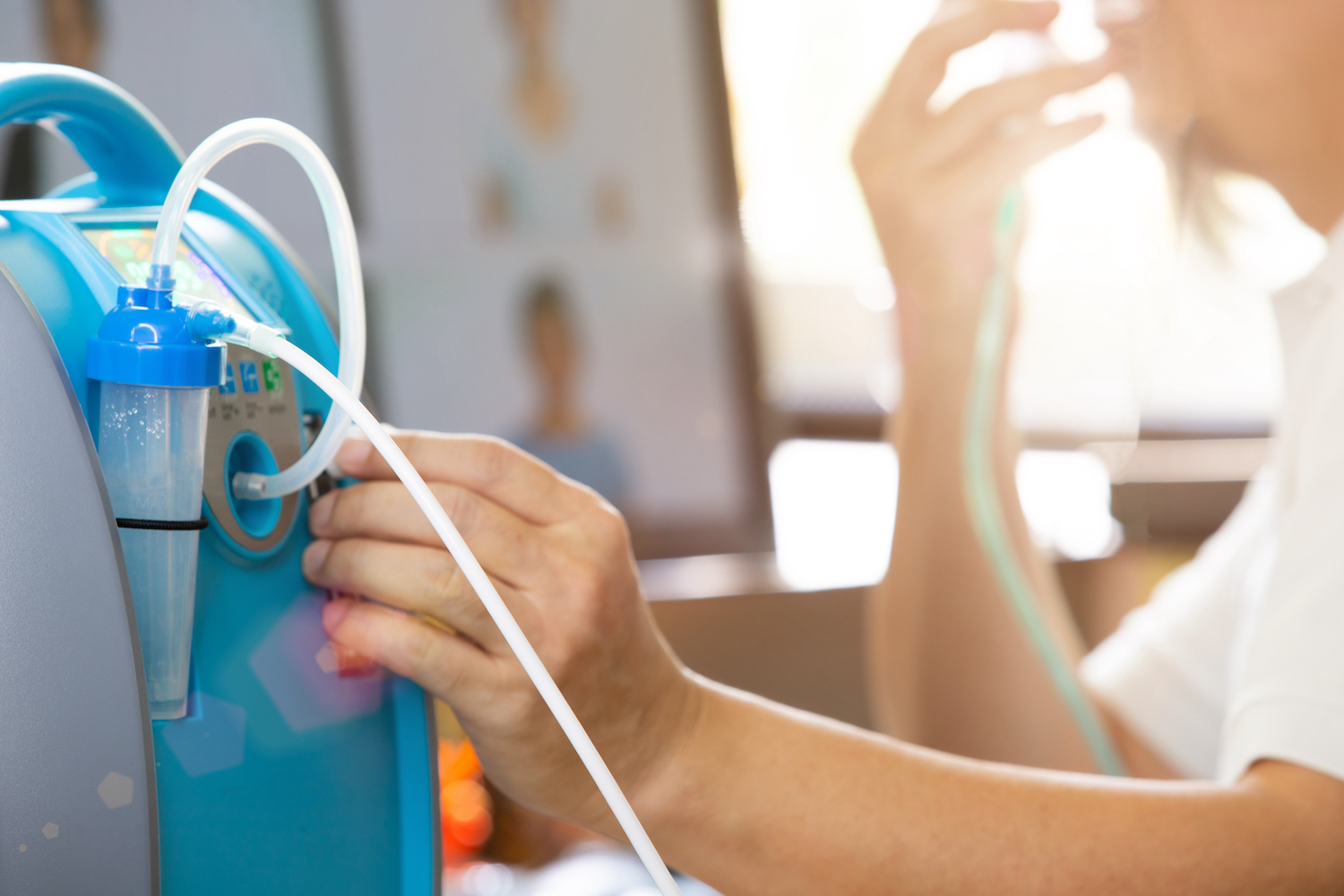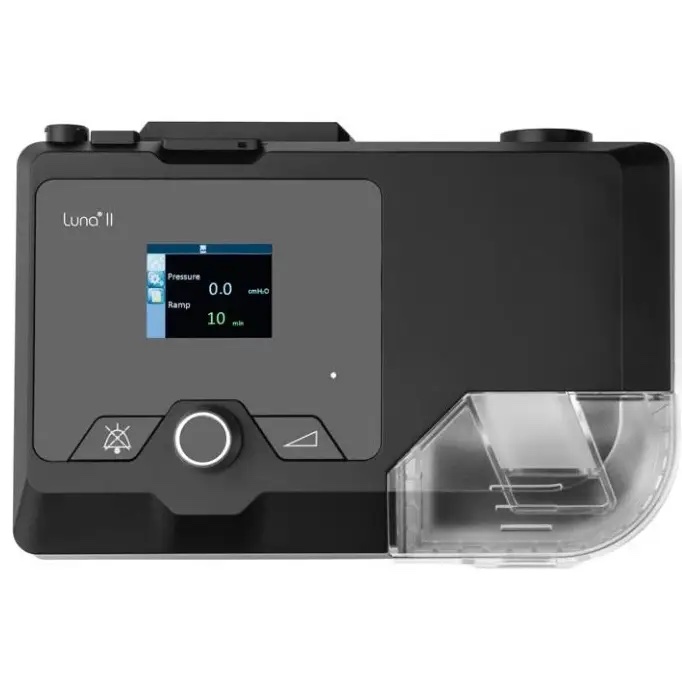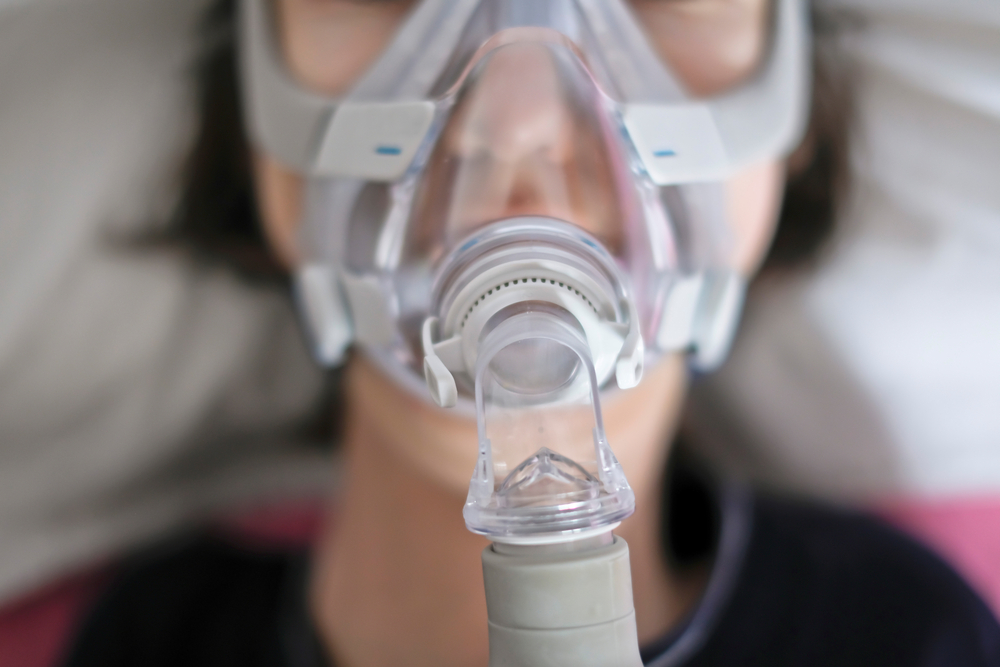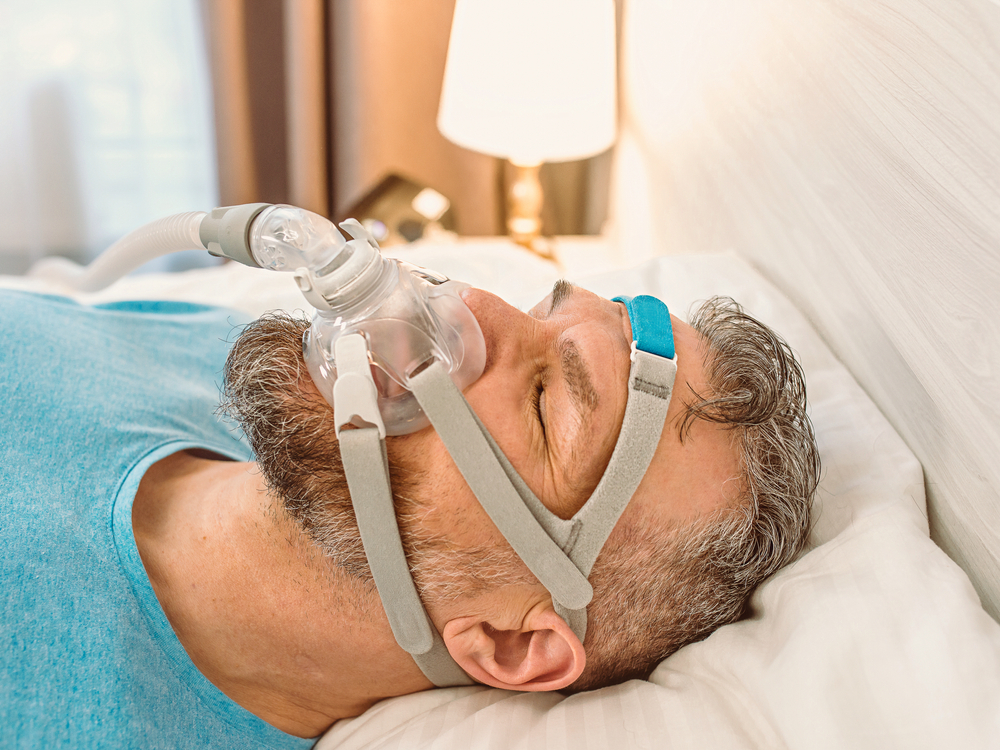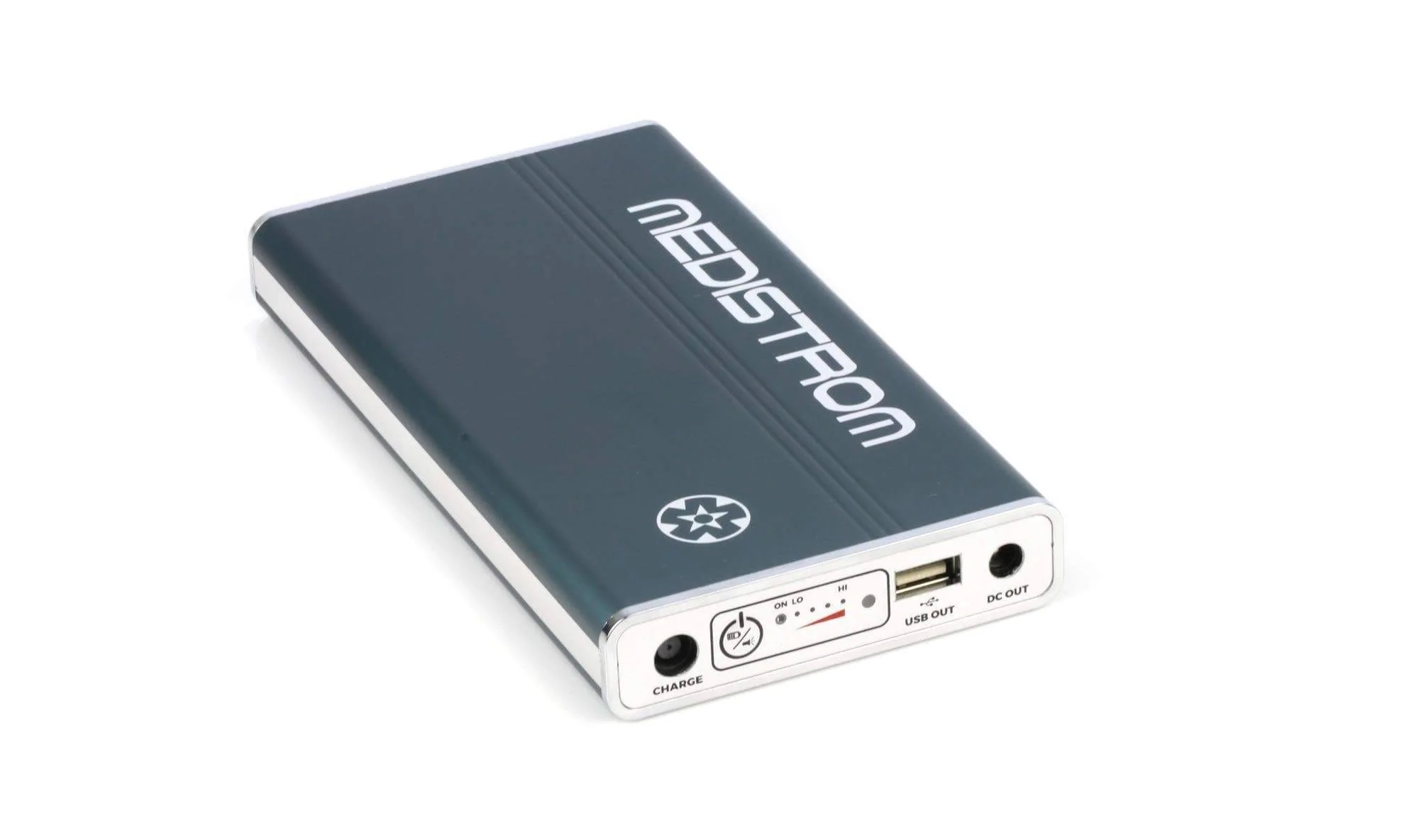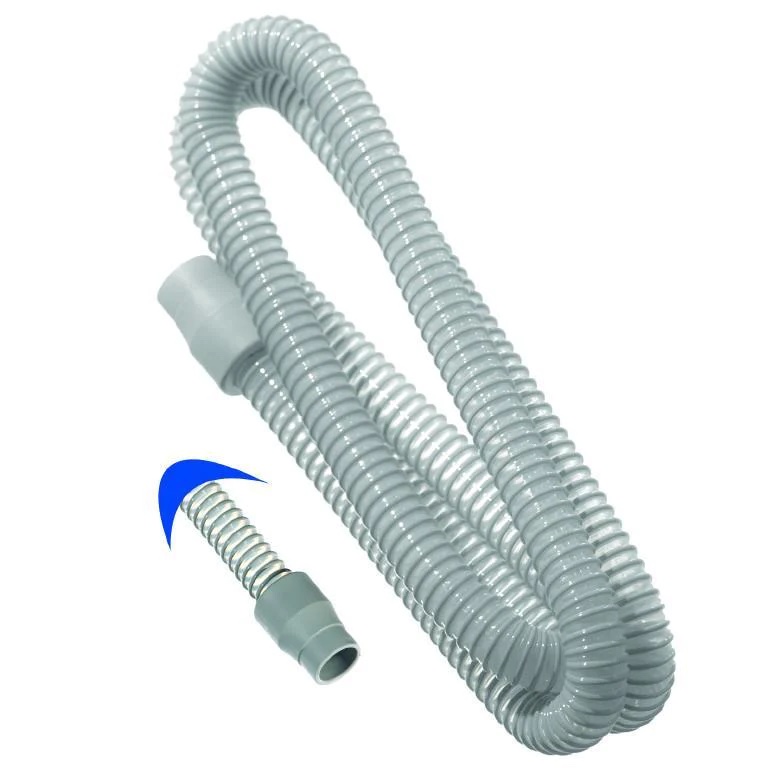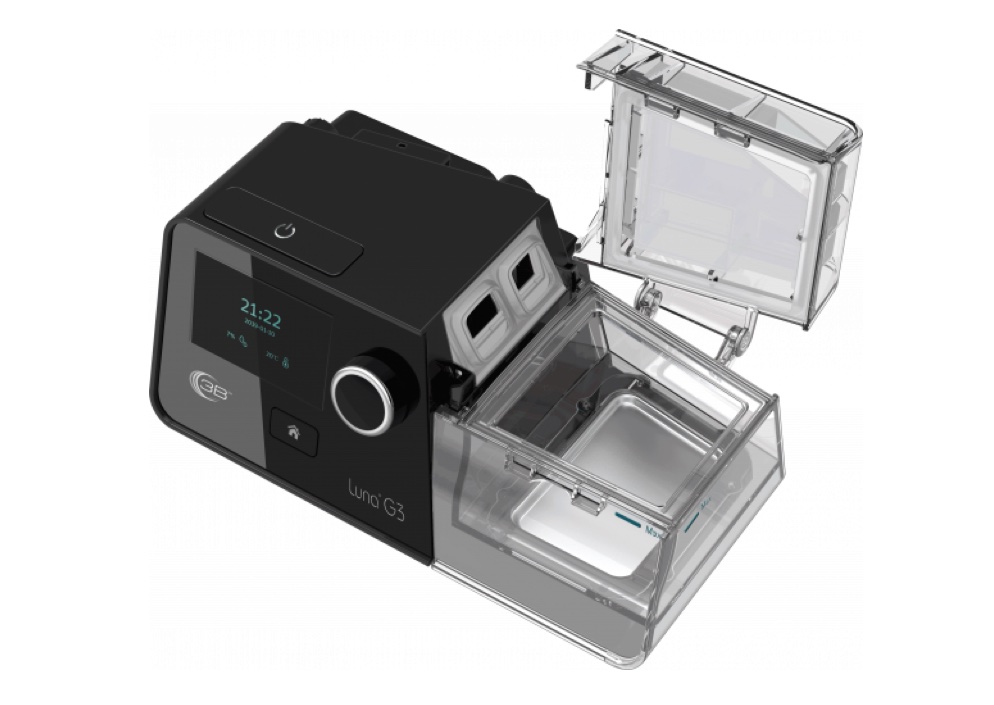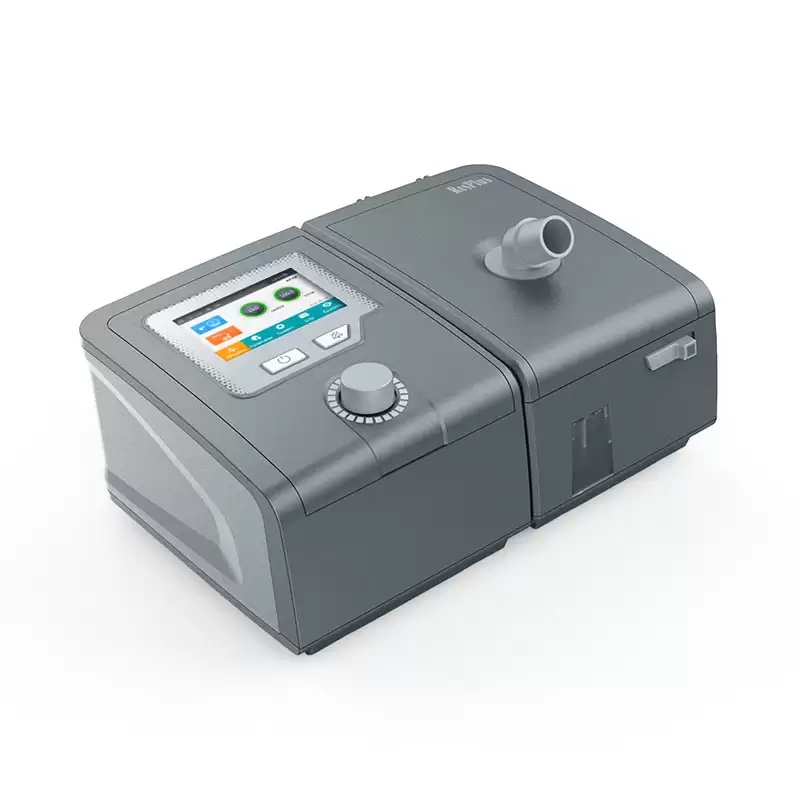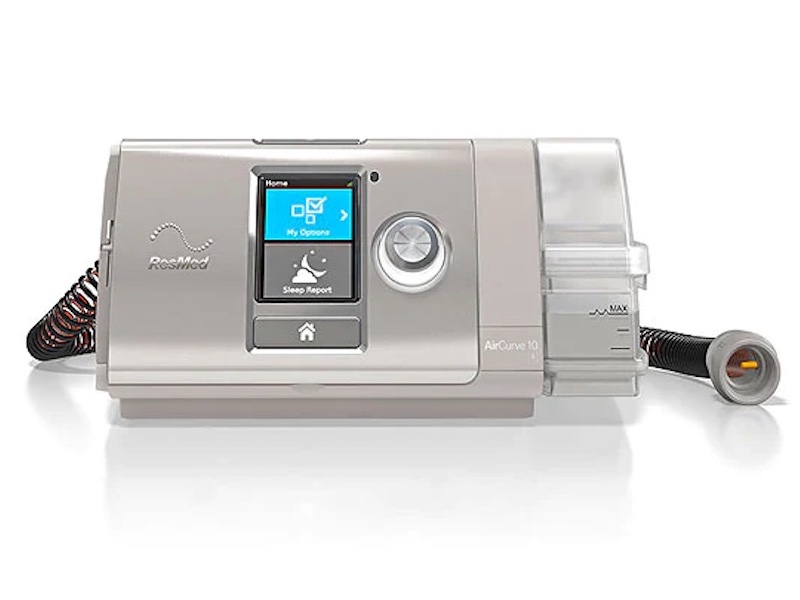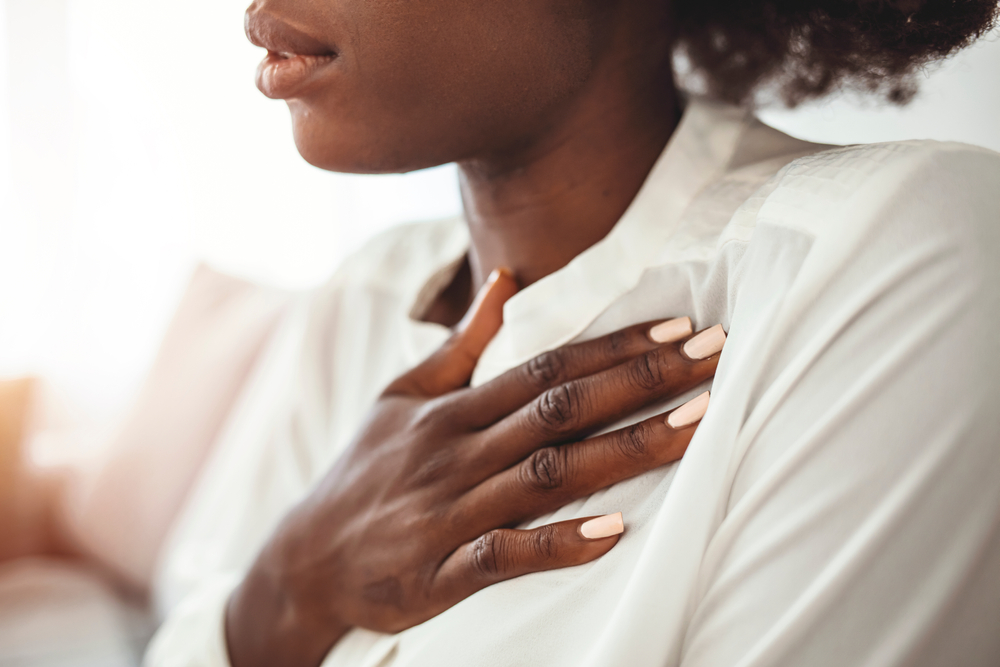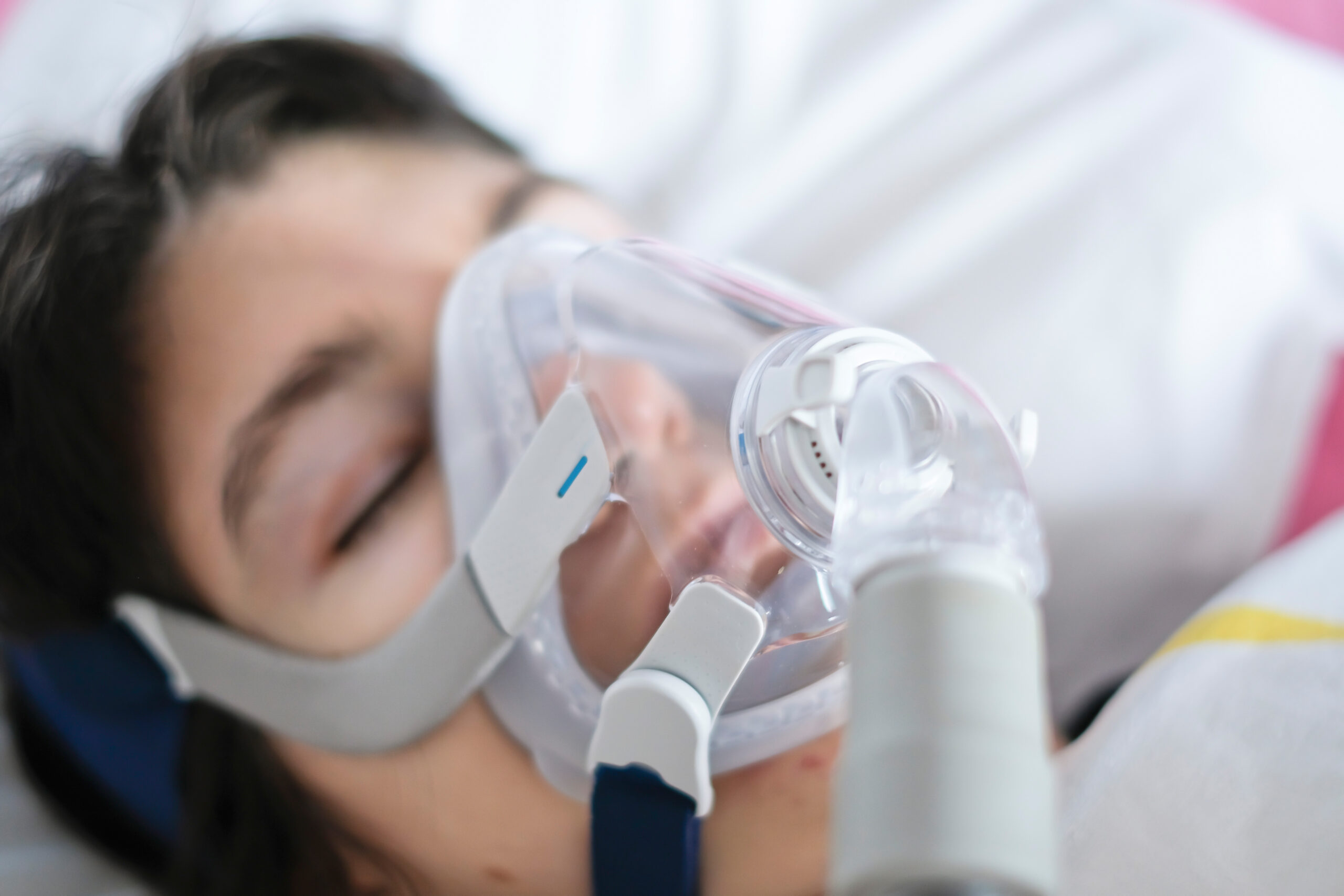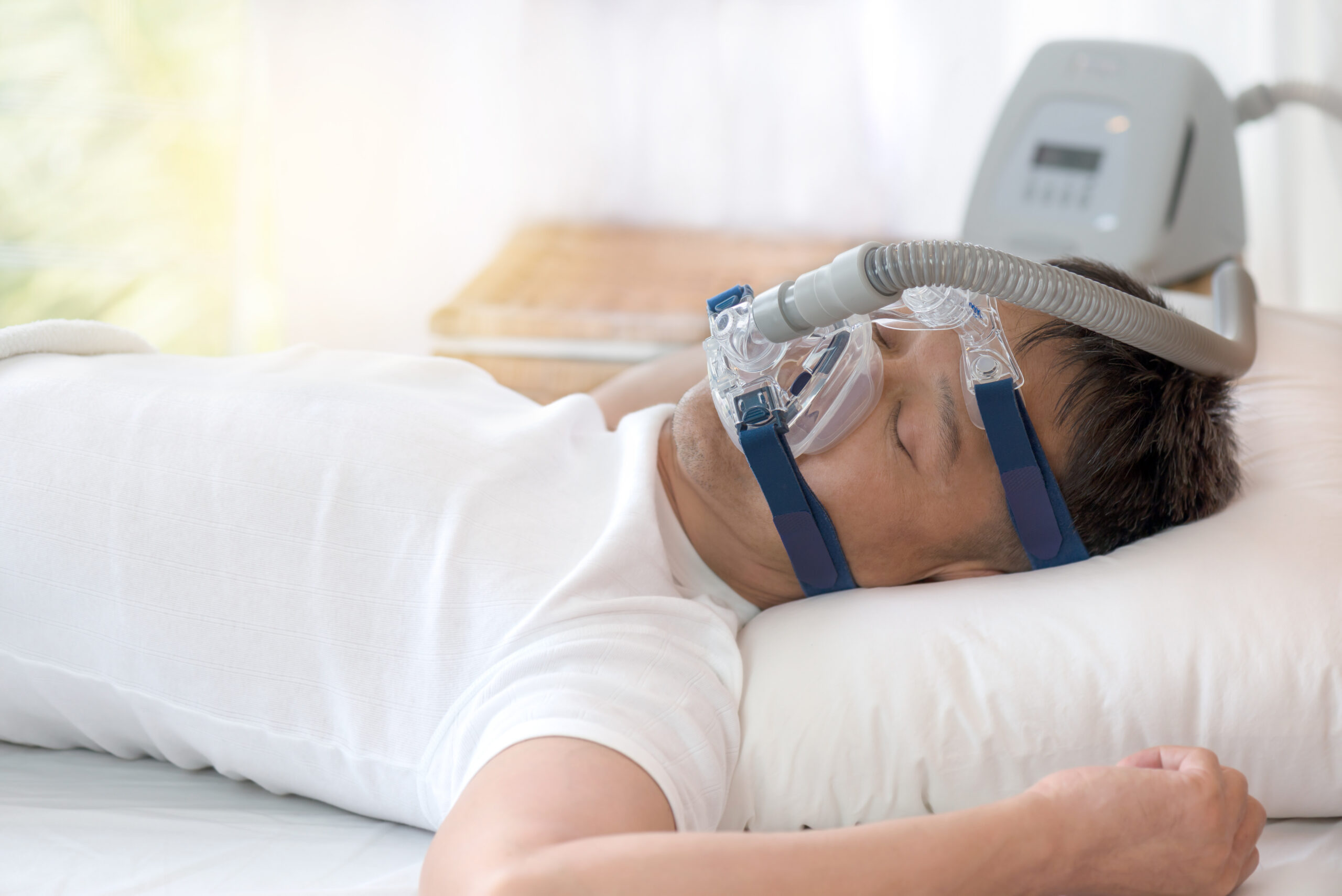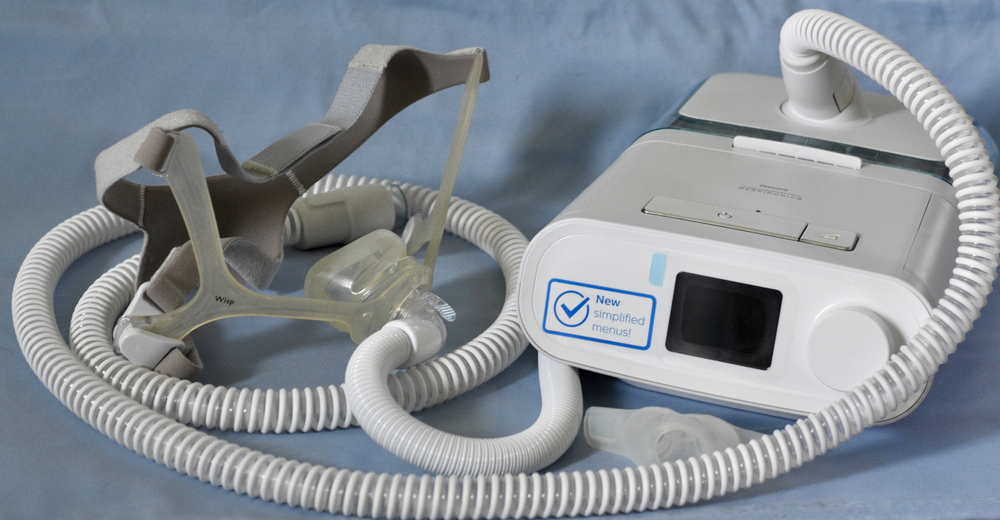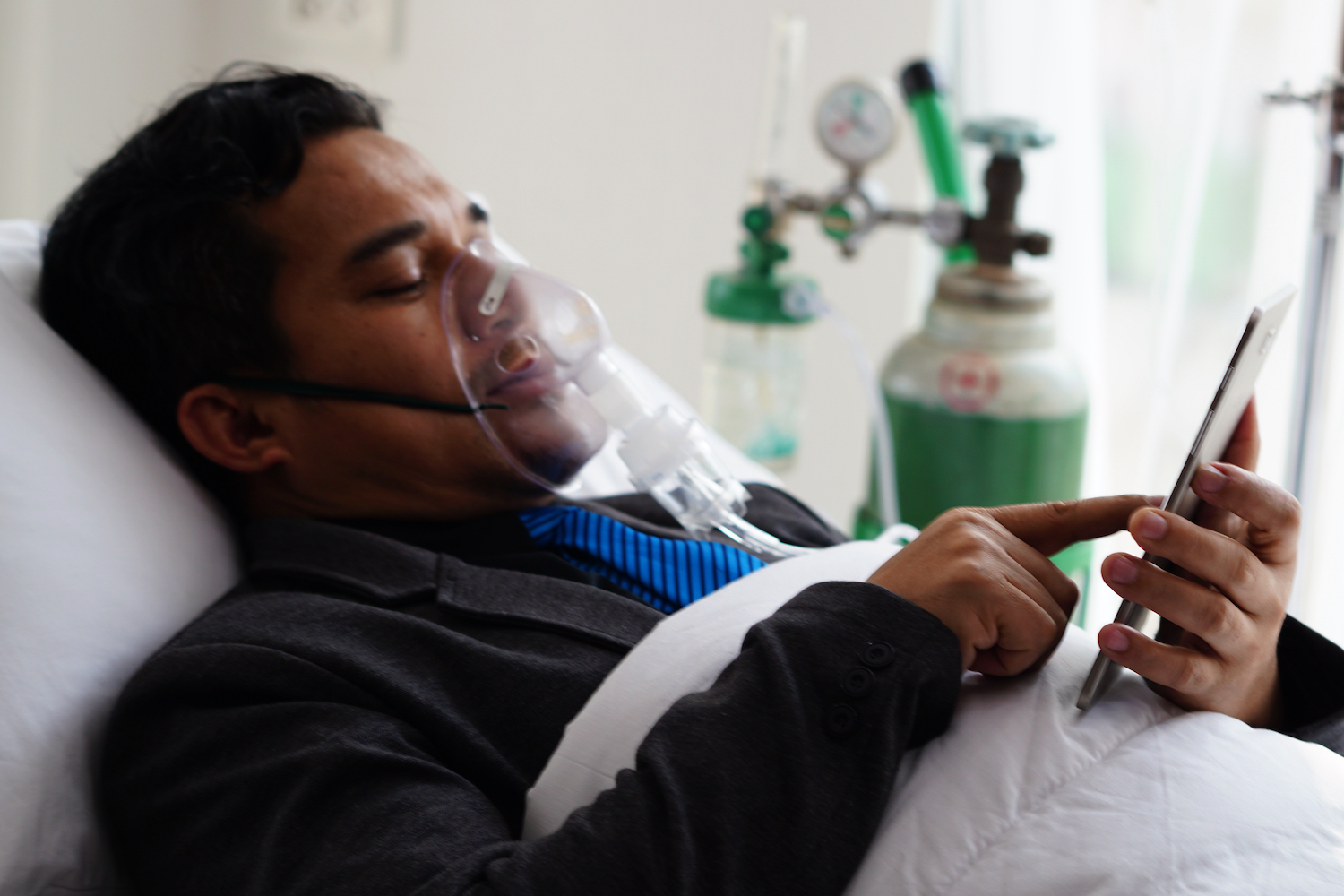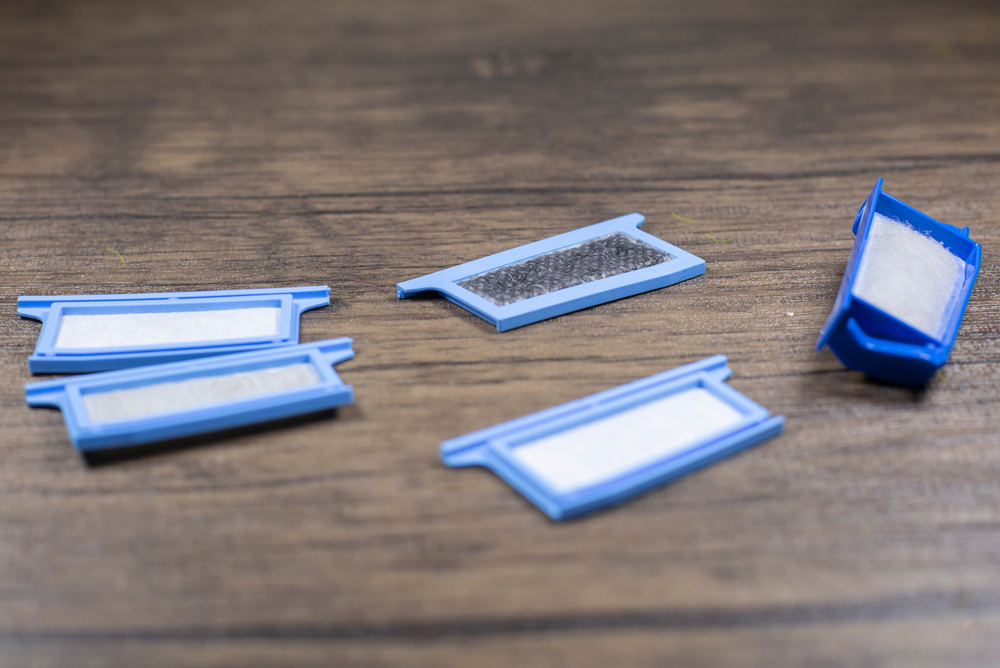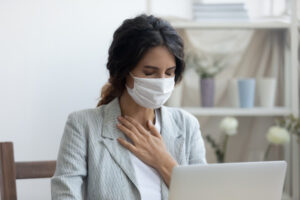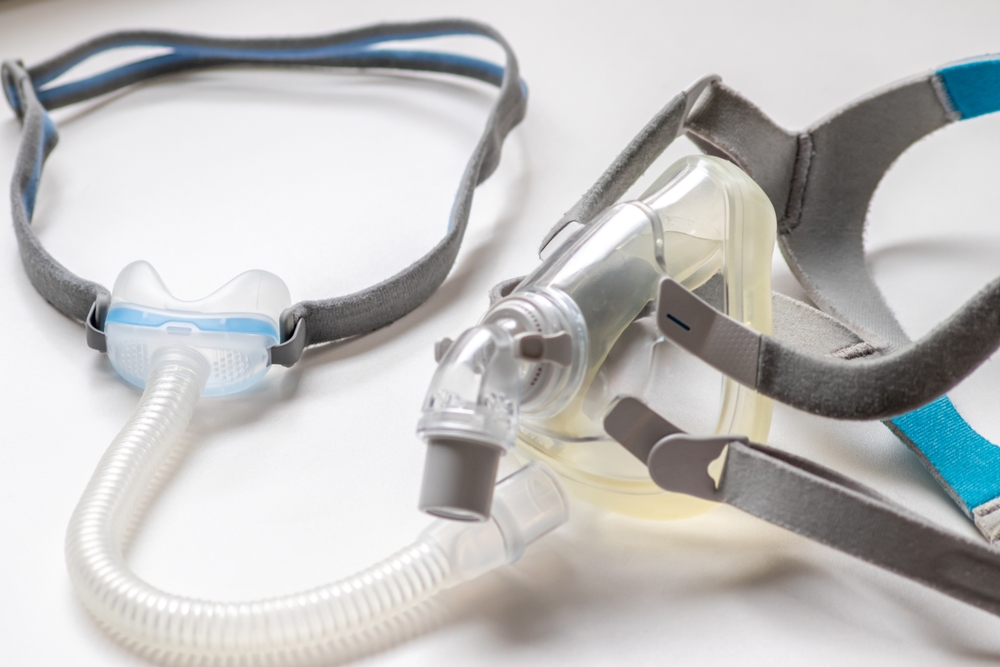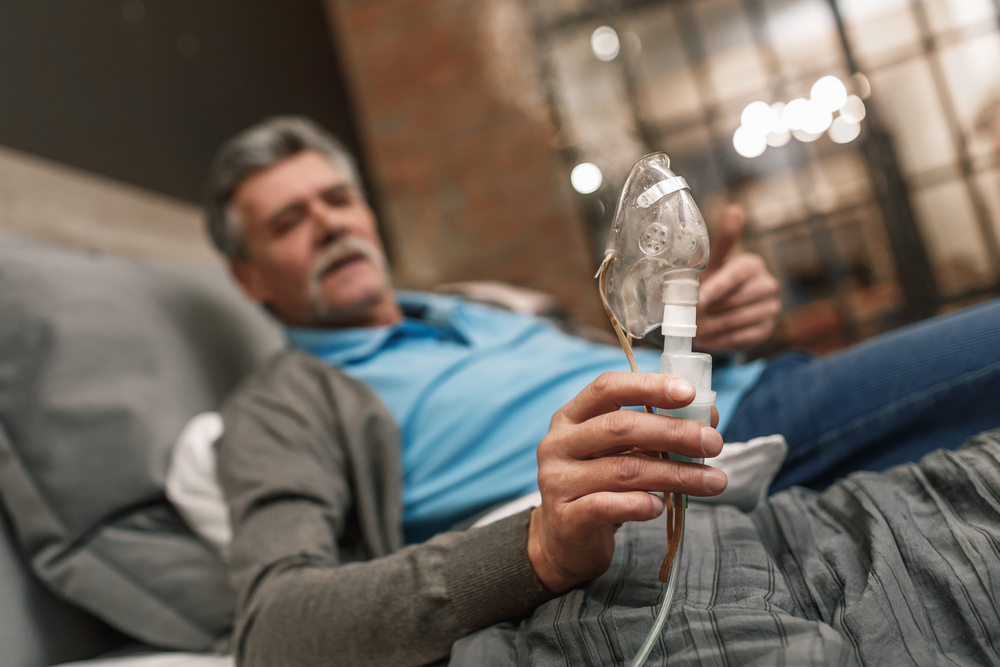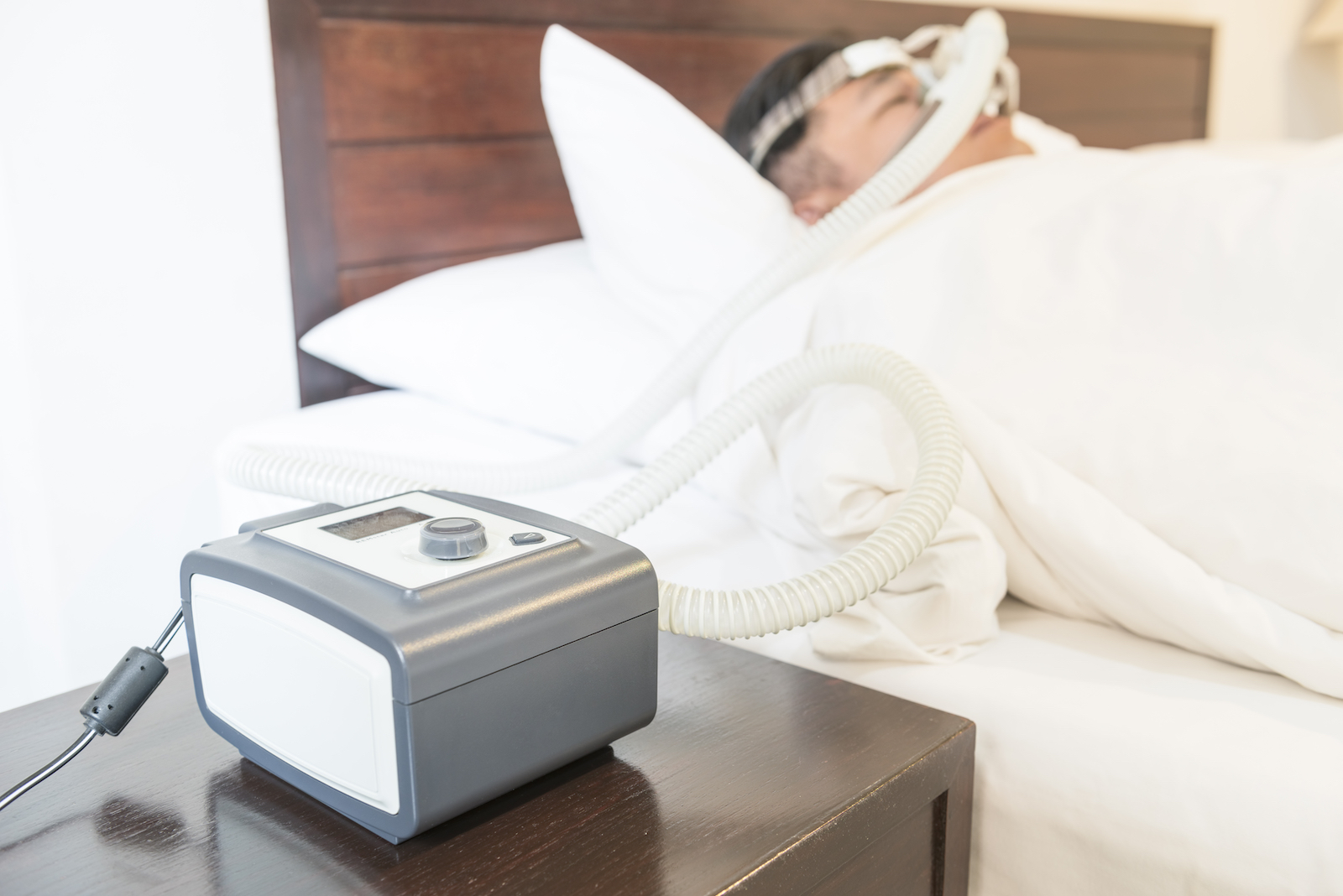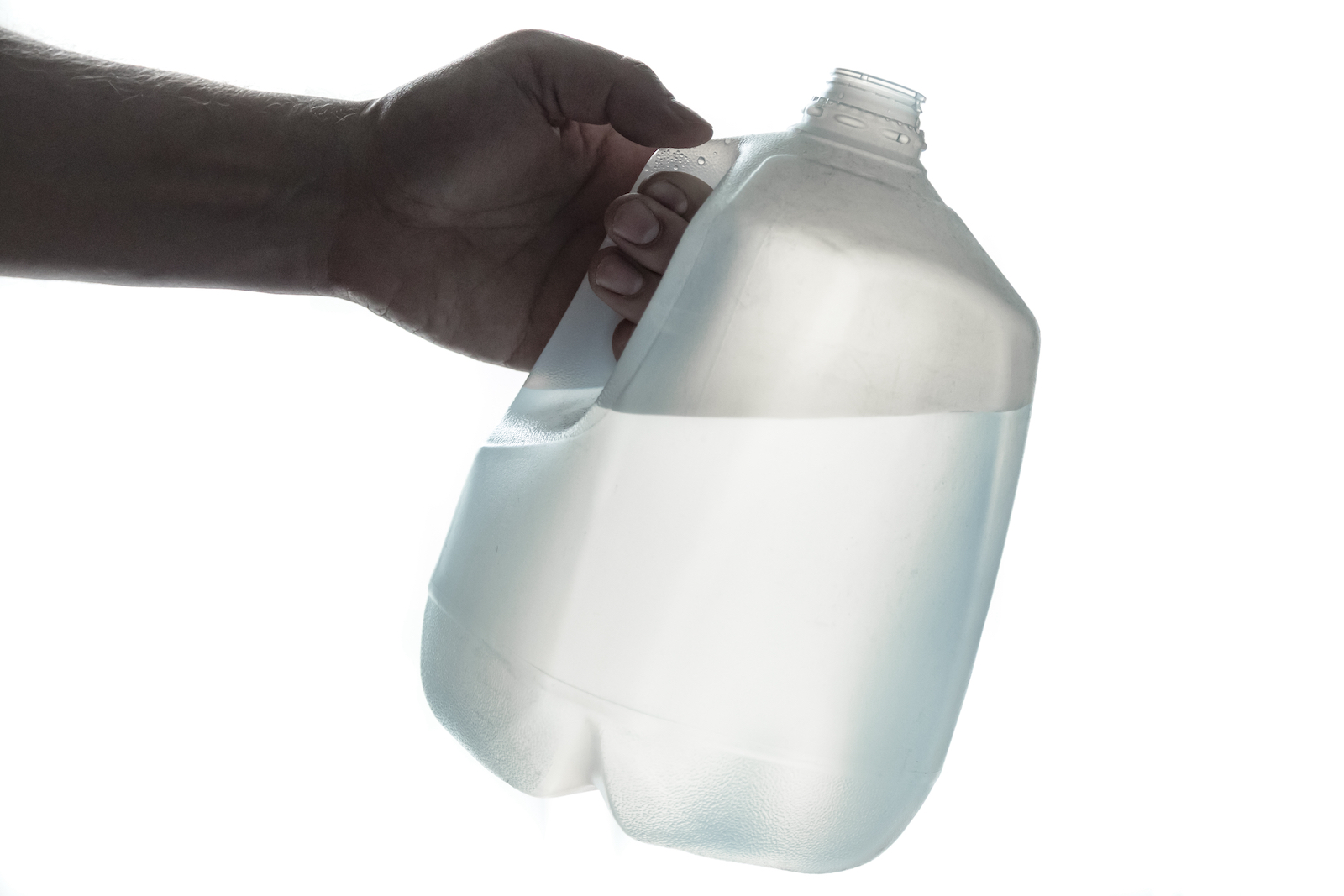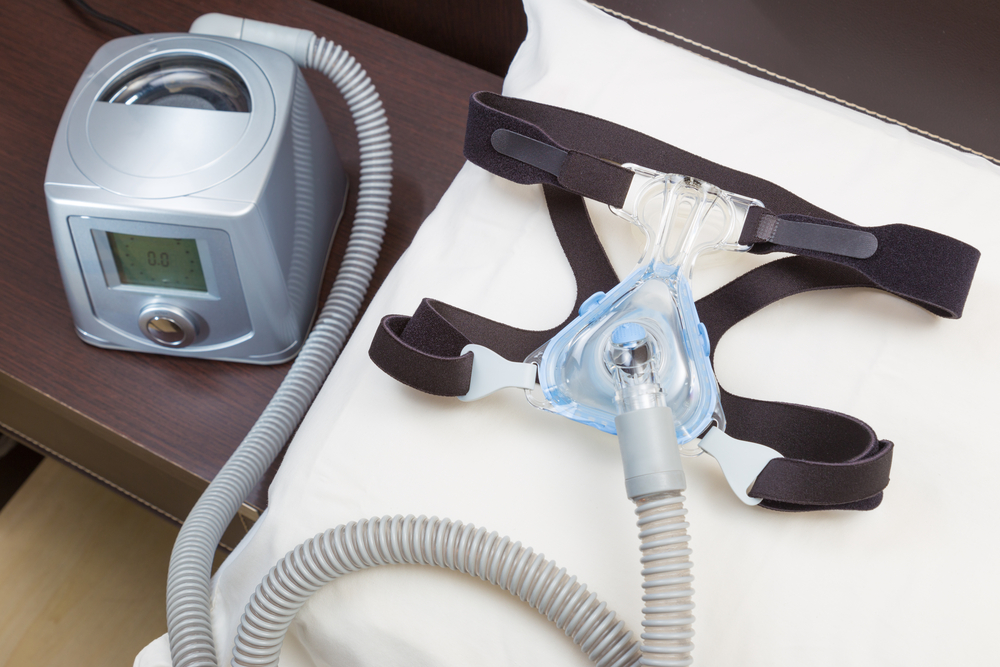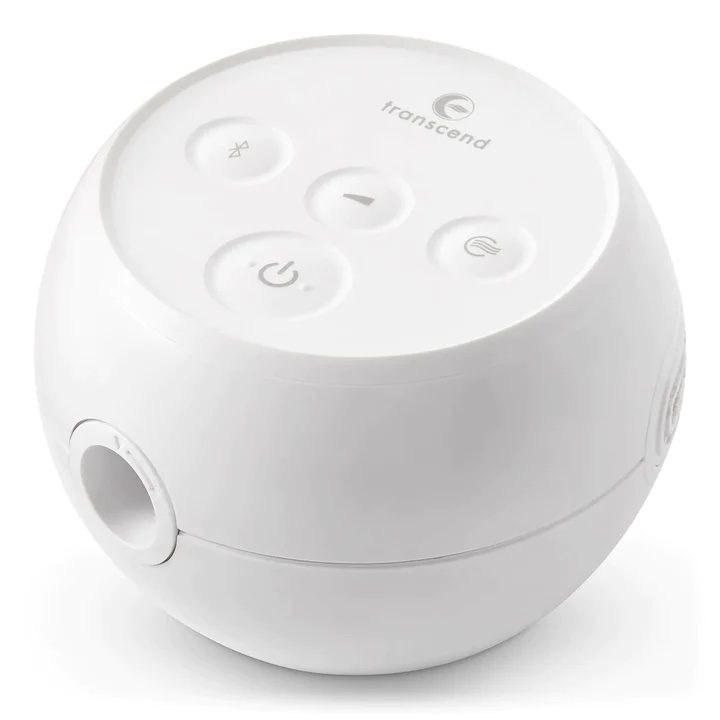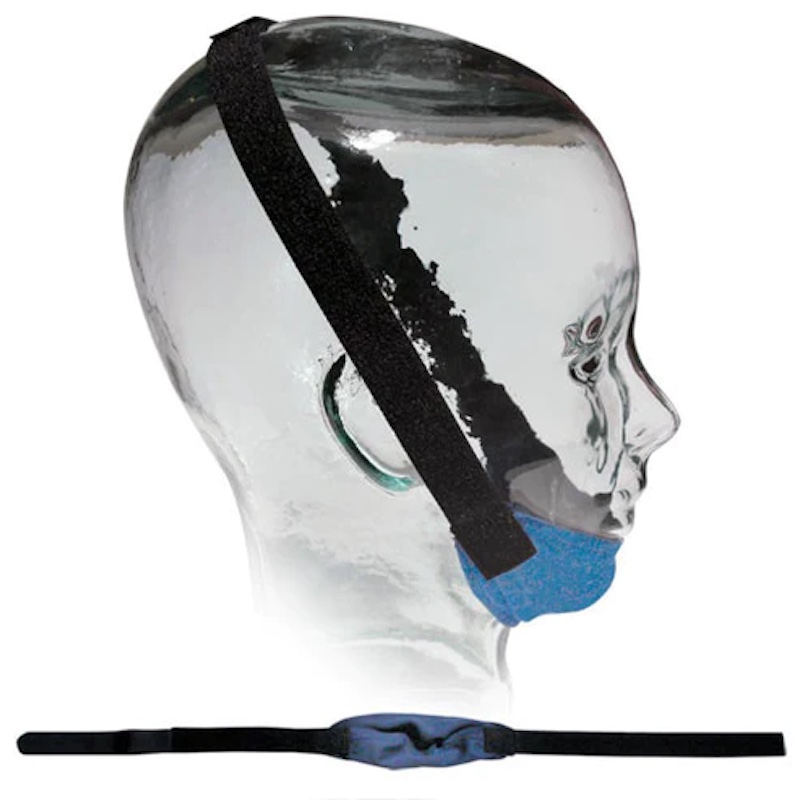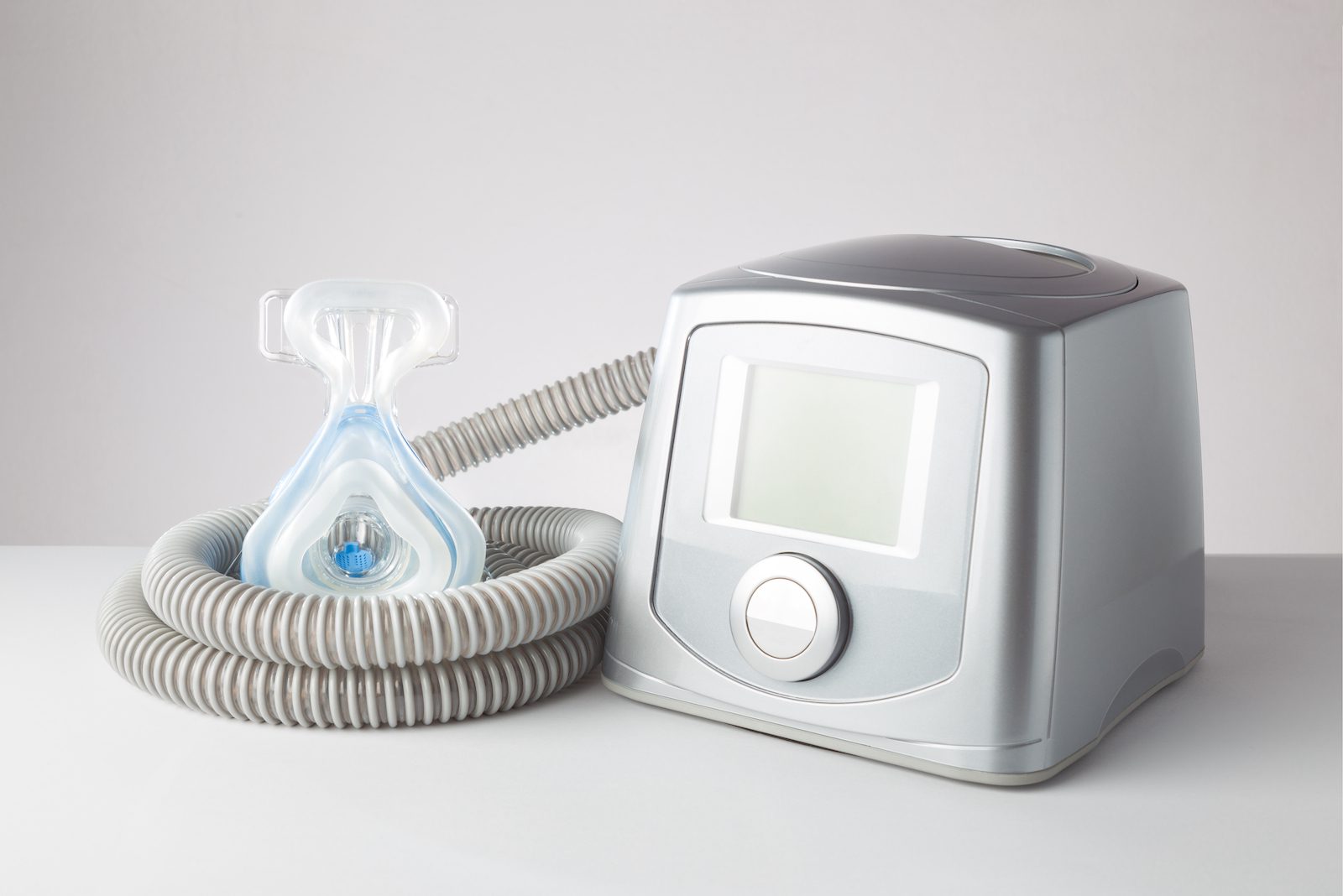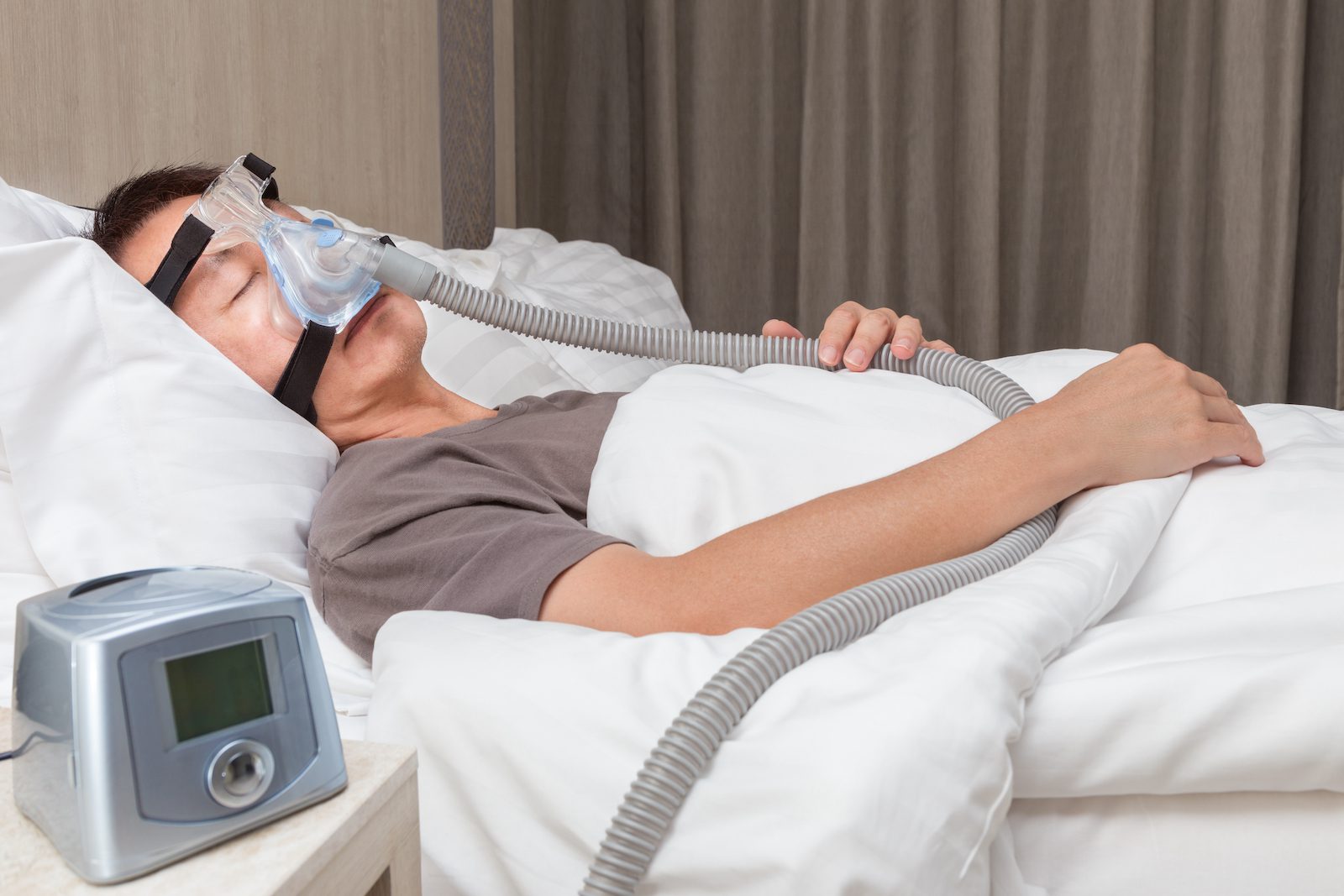Medical Disclaimer: This content is for informational purposes and does not constitute medical advice. Please consult a health care provider prior to starting a new treatment or making changes to your treatment plan.
What to Do if You Are a CPAP Mouth Breather
If your CPAP therapy makes you uncomfortable or causes other problems, talk to your doctor. Doctors can help find the cause of side effects, discuss solutions, and help you get the most out of CPAP therapy.
There are also several tips that may help to reduce mouth breathing while using a CPAP machine.
Ask Your Doctor About a Chin Strap
To prevent unintended air leaks during CPAP treatment, your doctor may recommend a chin strap that keeps your mouth closed during sleep. This helps ensure that the air delivered through the CPAP mask reaches the airway and is not lost through the mouth. Chin straps are available in various designs, but their purpose is to gently prevent mouth breathing.
Consider Mouth Taping
Some health care providers may also suggest mouth taping. While chin straps can prevent the jaw from opening, they may not always prevent air from escaping the lips. There are various products that have been developed for mouth taping. Talk to your doctor for more information.
Try an Oronasal Mask
If a chin strap doesn’t stop air from leaking through your mouth while you sleep, your doctor may recommend changing the type of mask you use for CPAP therapy. Unlike nasal masks or nasal pillows that deliver pressurized air only through the nose, an oronasal mask sends air through both the nose and the mouth.
Keep Your Sinuses Clear
When your nose is blocked due to congestion or other causes, you may breathe through your mouth instead. Keeping your sinuses clear can help reduce mouth breathing and make it easier to use your CPAP consistently.
One approach to reducing nasal congestion is to use a CPAP machine with humidification to add moisture to the air and soothe dry nasal passages. To ensure you receive the right level of moisture during sleep, it’s recommended that you fill the CPAP’s humidifier reservoir to capacity before bedtime and allow it to empty almost completely by morning.
Another option is prescription nasal steroids to reduce inflammation and congestion in the nasal passages. If structural issues in the nose are contributing to symptoms, a doctor may recommend nasal or sinus surgery.
What Causes CPAP Mouth Breathing?
People who are prescribed CPAP therapy often have obstructive sleep apnea (OSA), a condition linked to mouth breathing. Most people breathe through their nose during sleep. However, people with obstructive sleep apnea tend to breathe through their nose and their mouth.
Mouth breathing becomes more common as people get older. Other risk factors for mouth breathing in people with OSA include:
- Obstructions in the nose
- More severe OSA
- A larger neck
- Obesity
- Male sex
Mouth breathing during sleep causes changes in the airway that may worsen OSA. It can also create issues for those who use a nasal mask or nasal pillow, as it allows air from the CPAP to escape from the mouth. Mouth leaks while using a nasal mask or nasal pillow cause side effects and interfere with CPAP treatment
How Do You Know If You Are a CPAP Mouth Breather?
You might not realize you are breathing through your mouth while on a CPAP machine, but there are some signs that can suggest this is happening.
- Mouth dryness: Waking up with a dry mouth is a symptom of air leaking from the mouth while using a CPAP. This may create an uncomfortable, dry, or sticky feeling in the mouth.
- Gum disease: Early research suggests that people with OSA may be at a heightened risk of developing gum disease. One potential explanation of this association is that mouth breathing and dry mouth can contribute to a buildup of bacteria and plaque in the mouth.
- Stuffy nose: When air from a nasal mask or nasal pillow exits through the mouth, it can increase nasal congestion.
What Are the Risks of CPAP Mouth Breathing?
In addition to potential side effects like dry mouth and nasal congestion, mouth breathing can also decrease the effectiveness of treatment and make it more difficult to use CPAP as recommended.
In order to get the full benefits of CPAP therapy, it’s important to use the machine consistently through the night. Research has found that people who use nasal masks and breathe through their mouths during sleep are less likely to use their machines as often as recommended.

